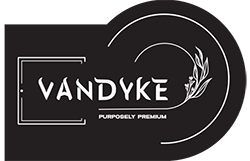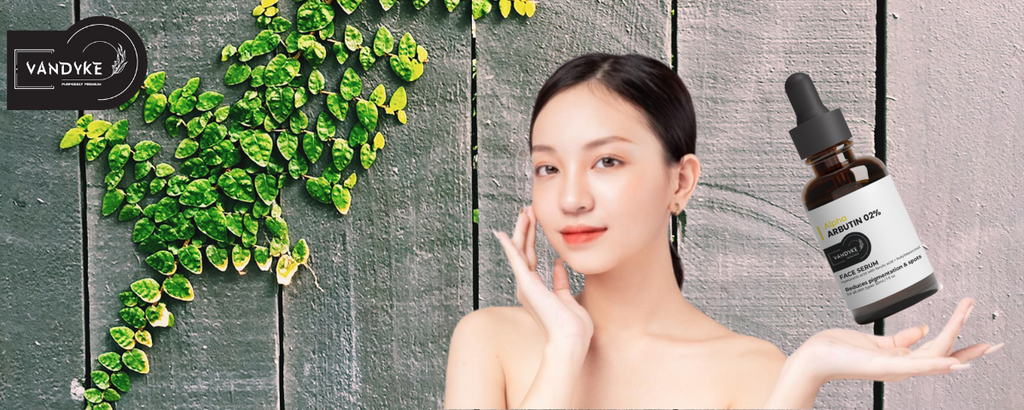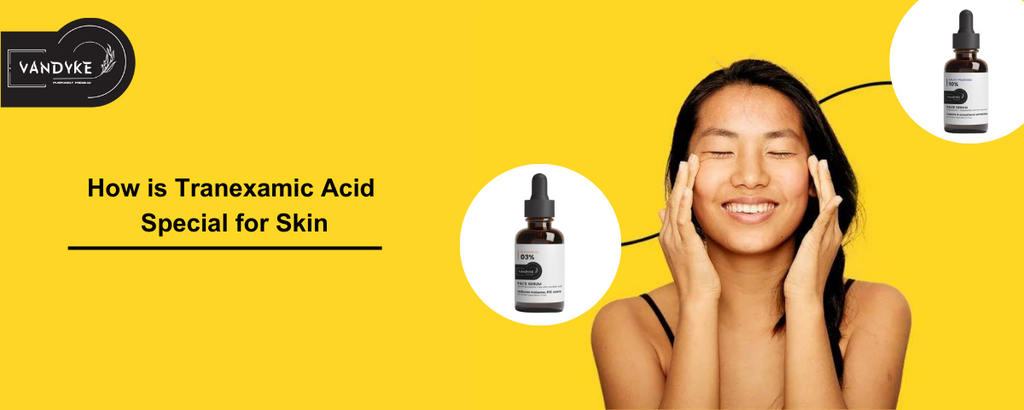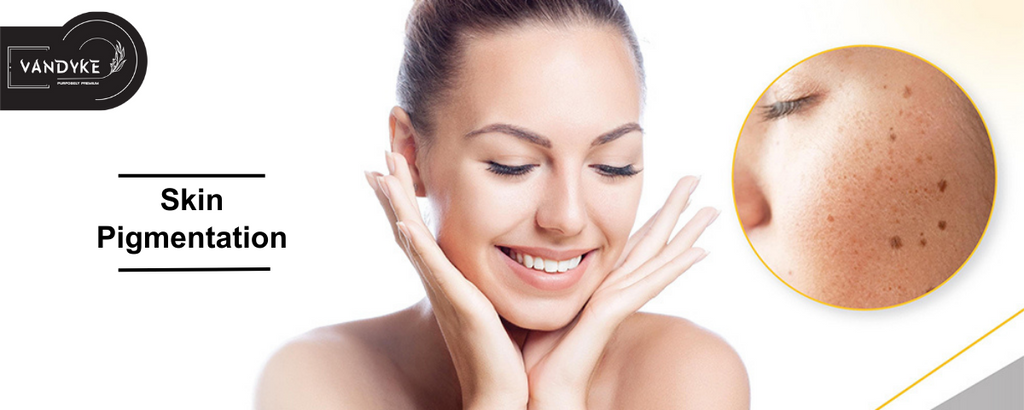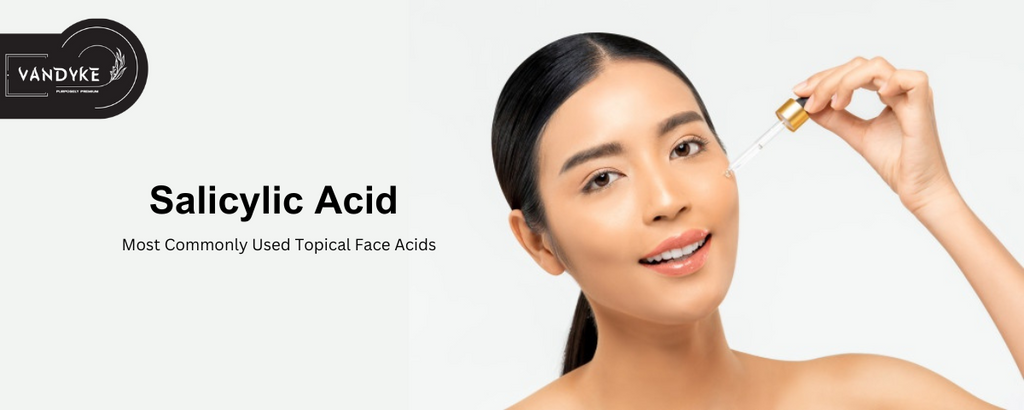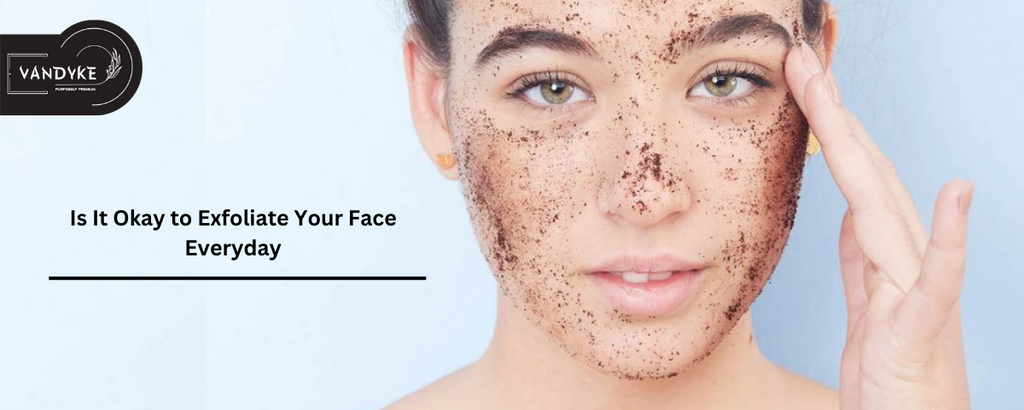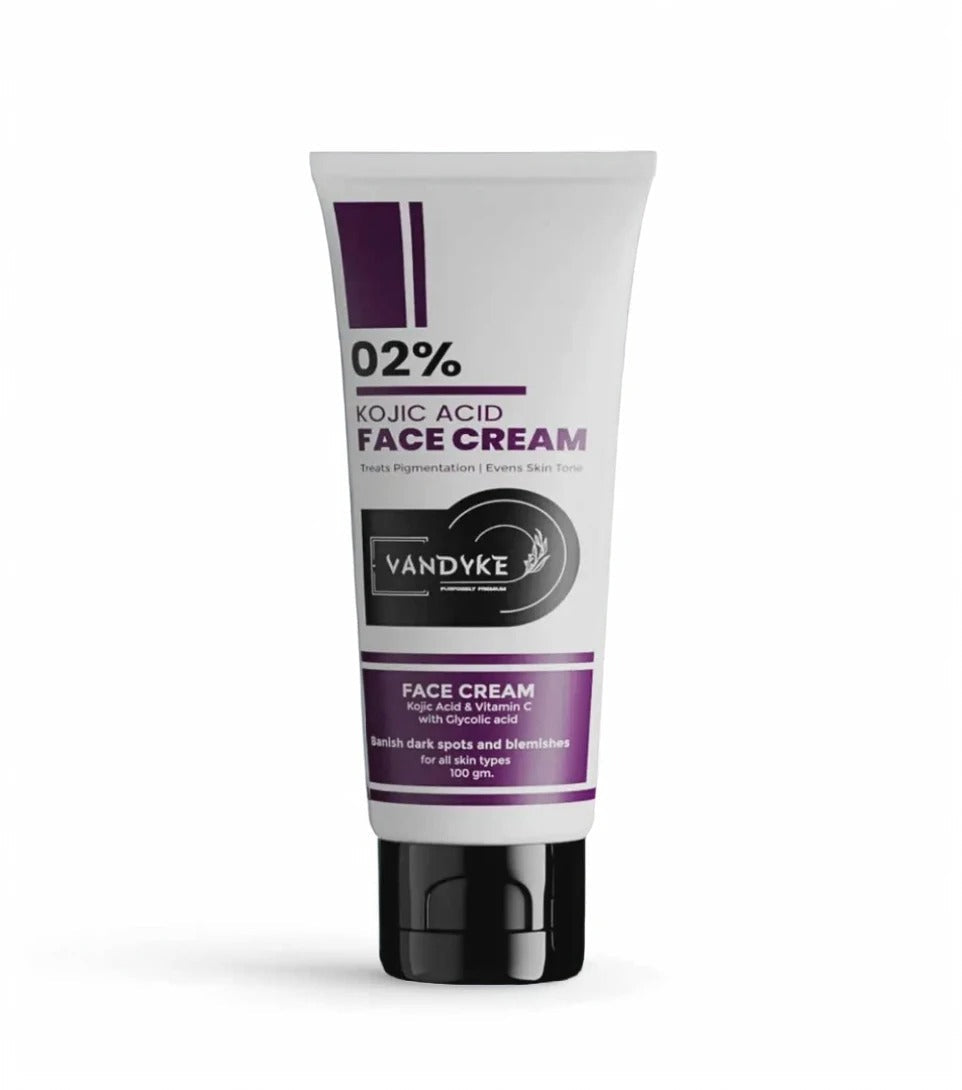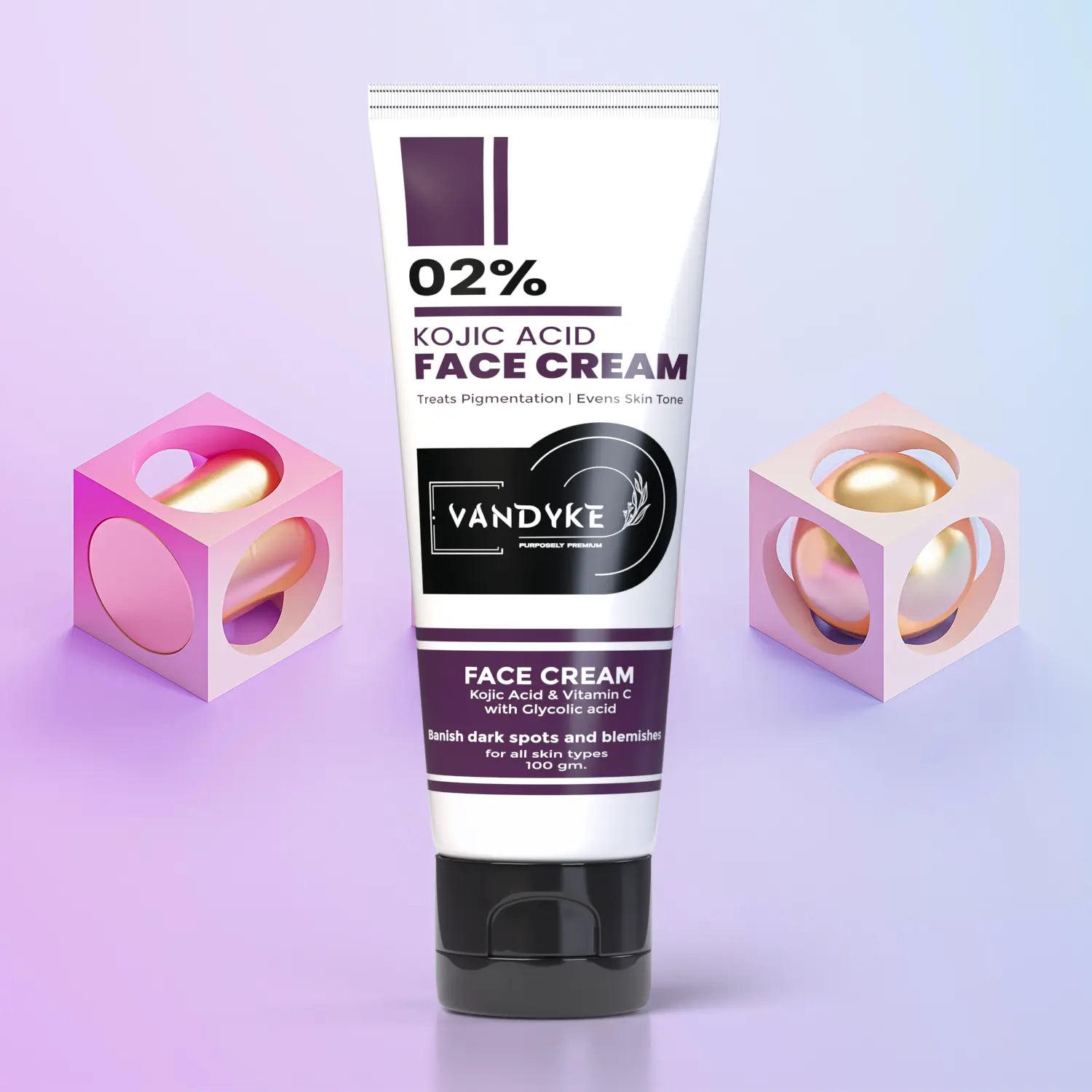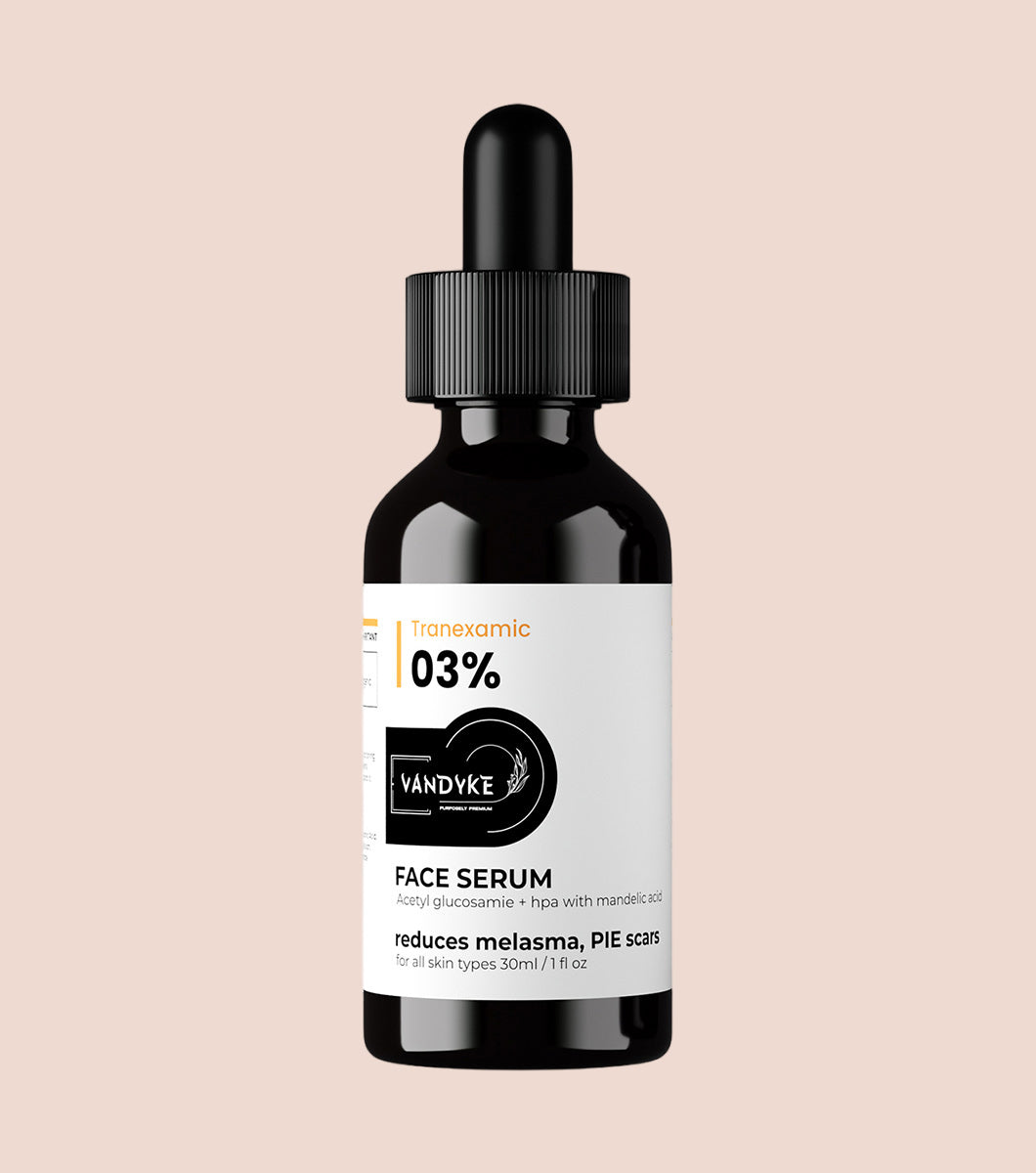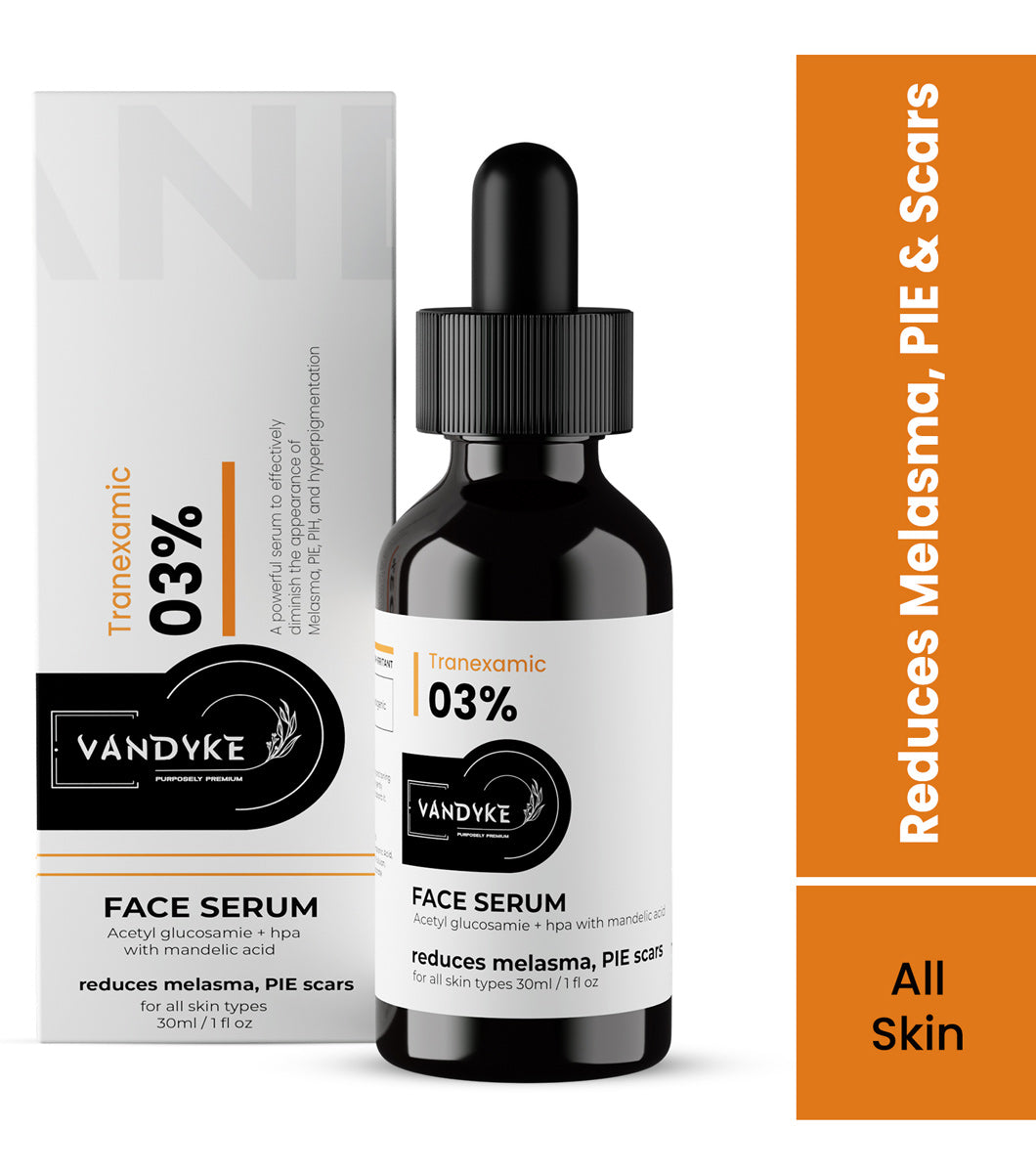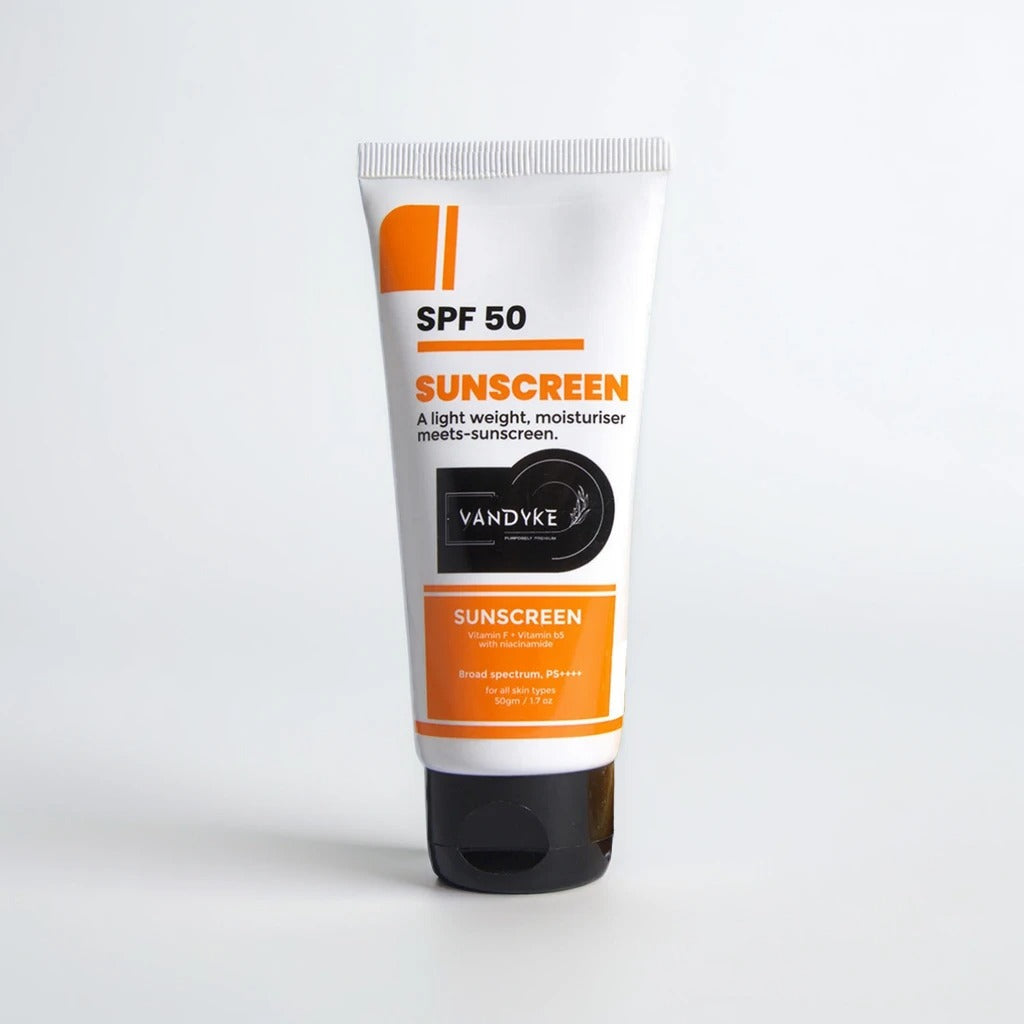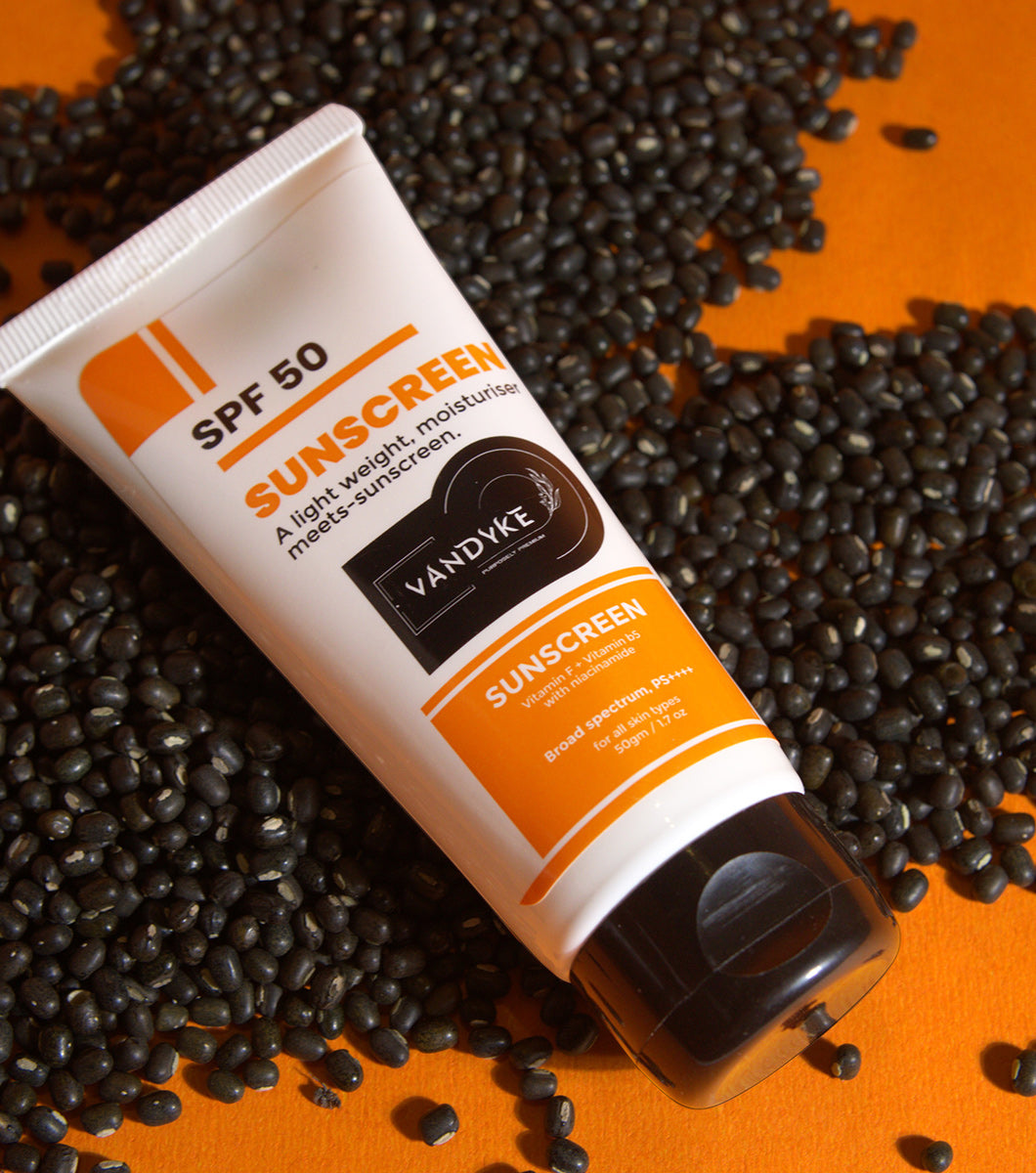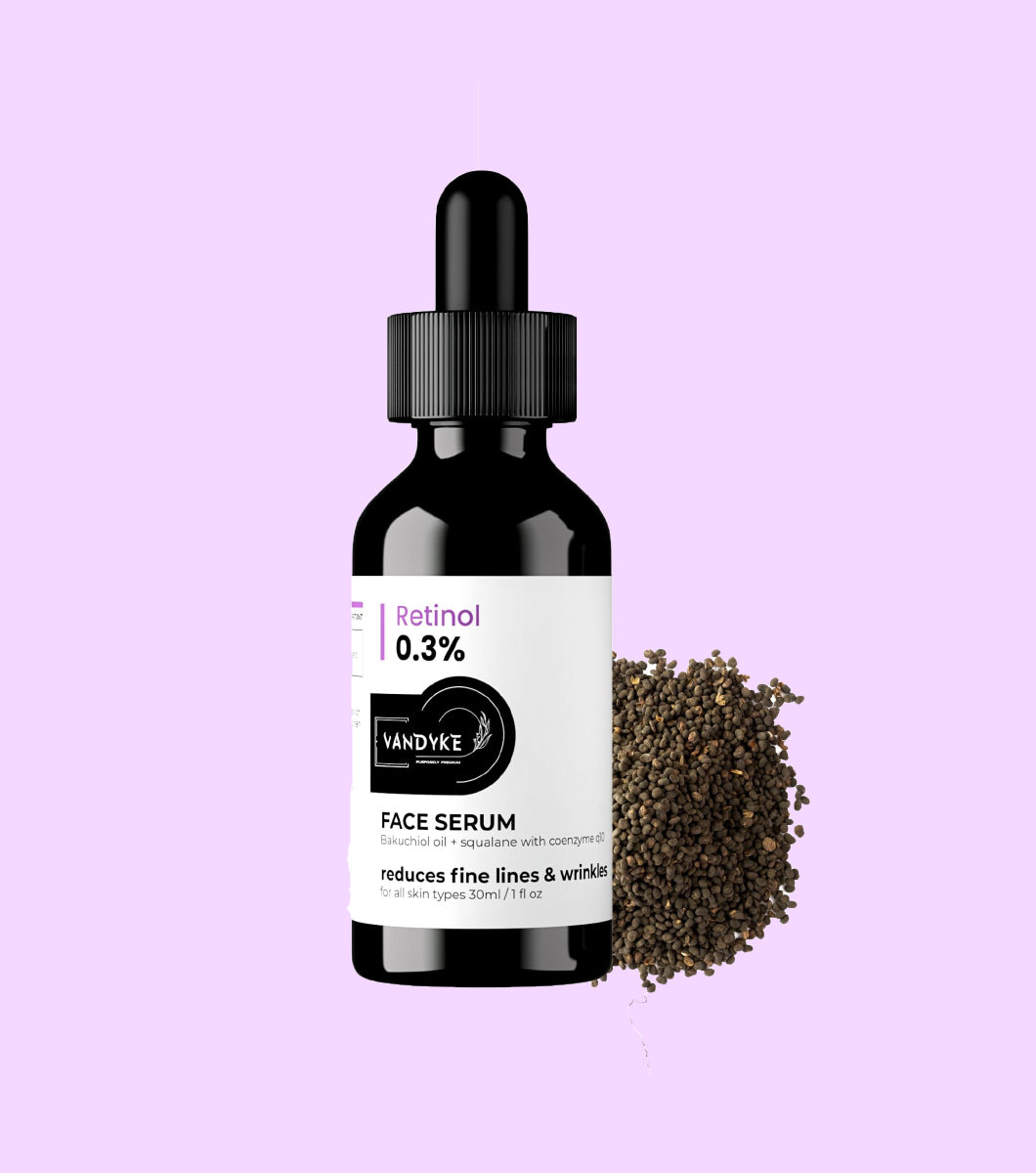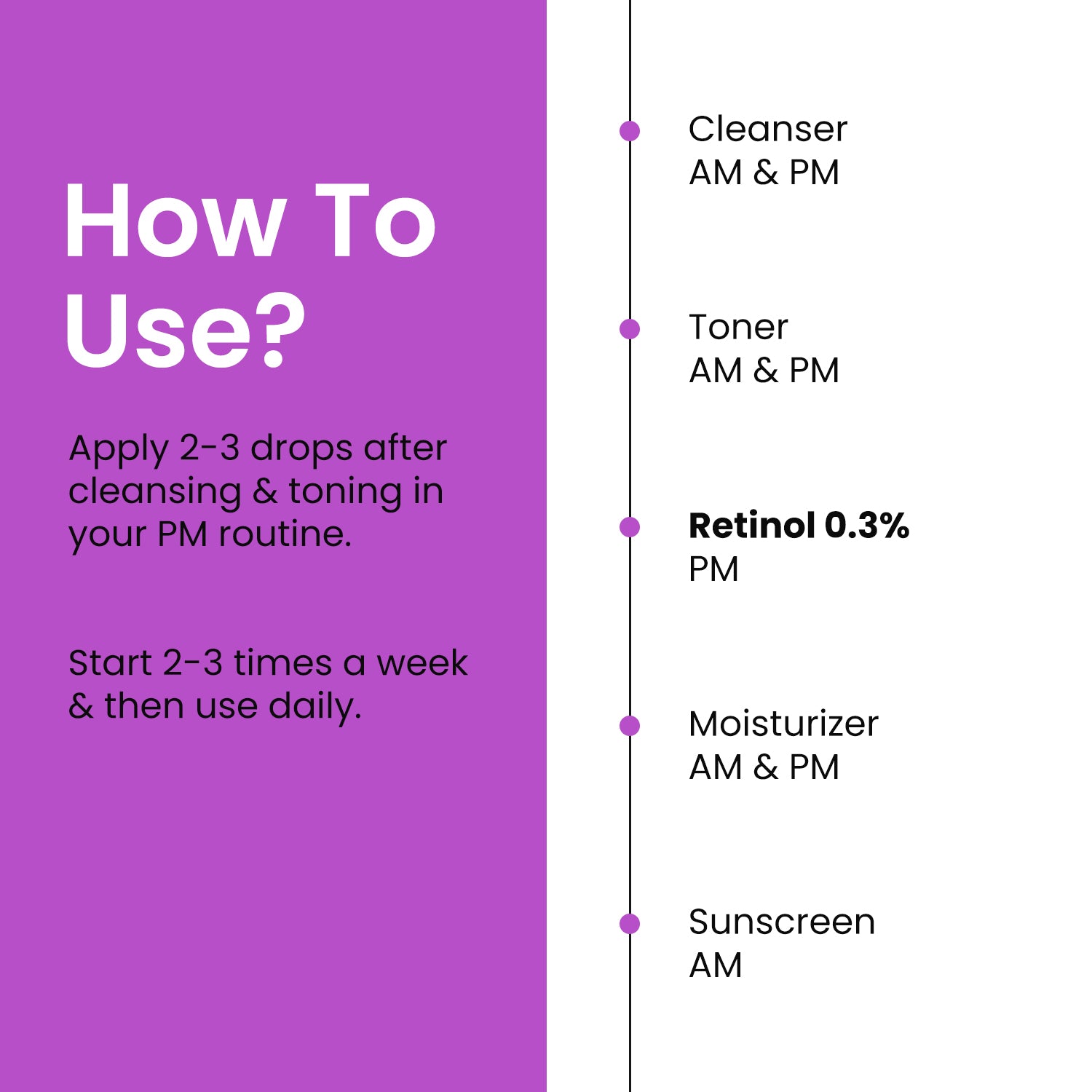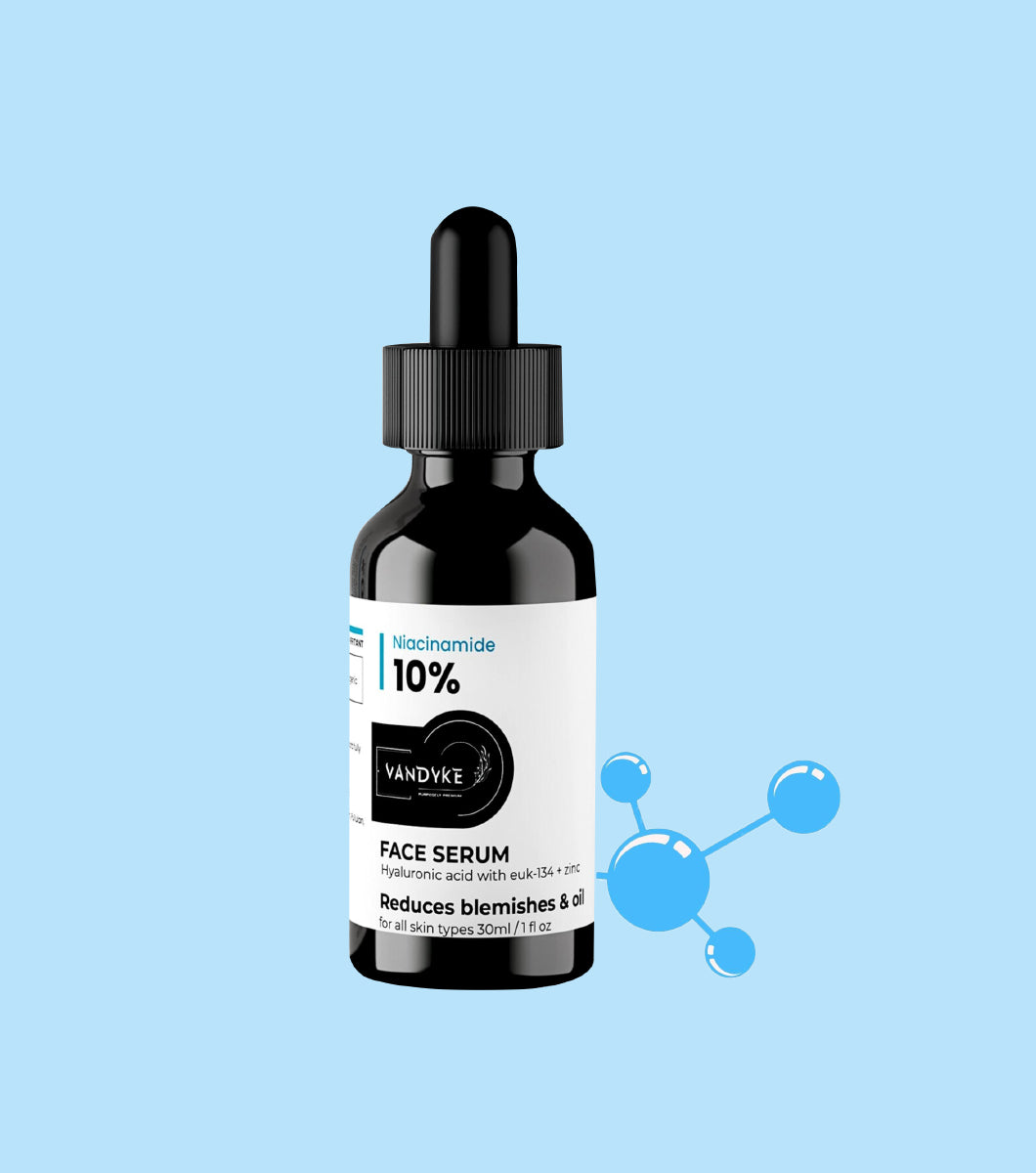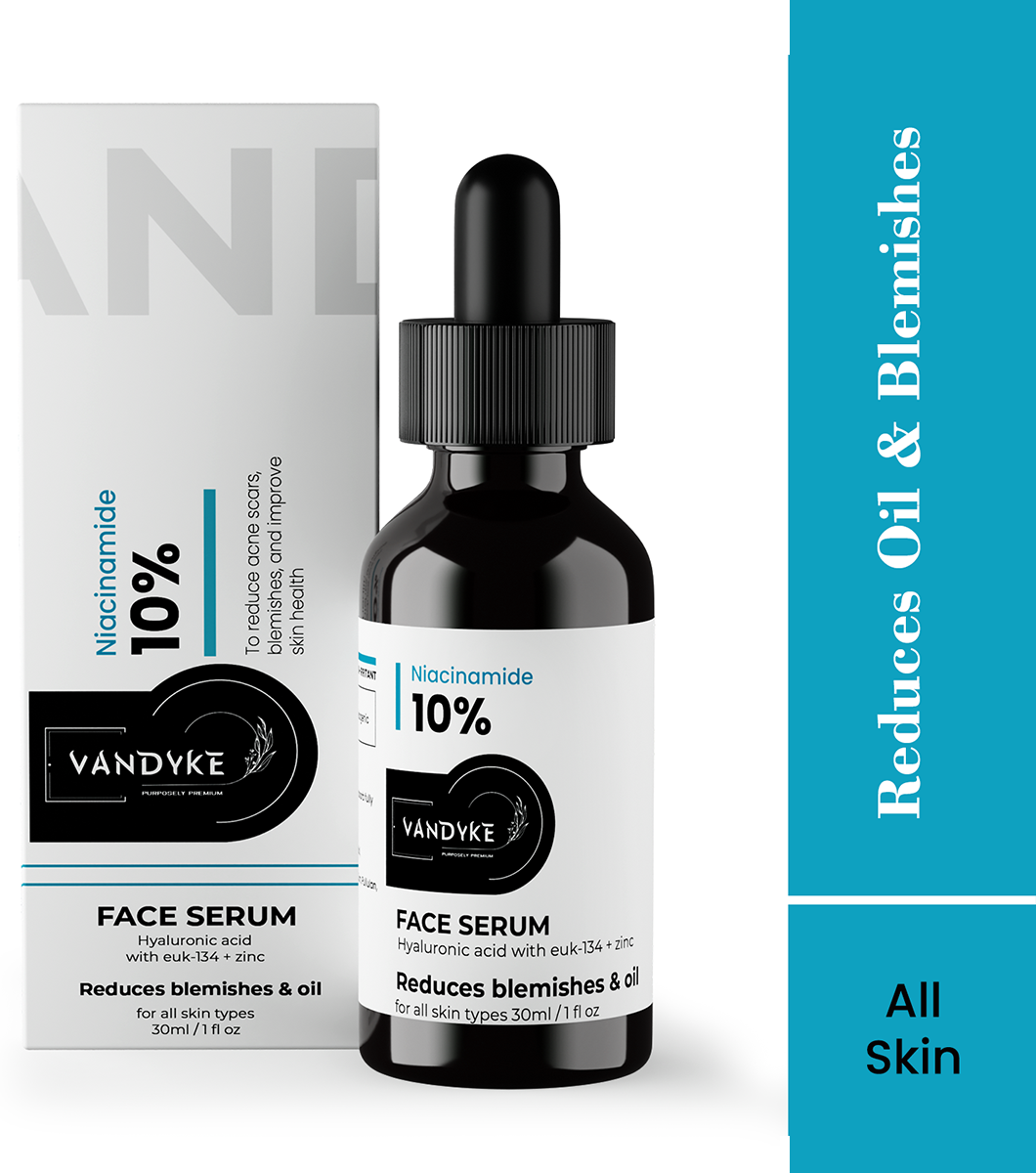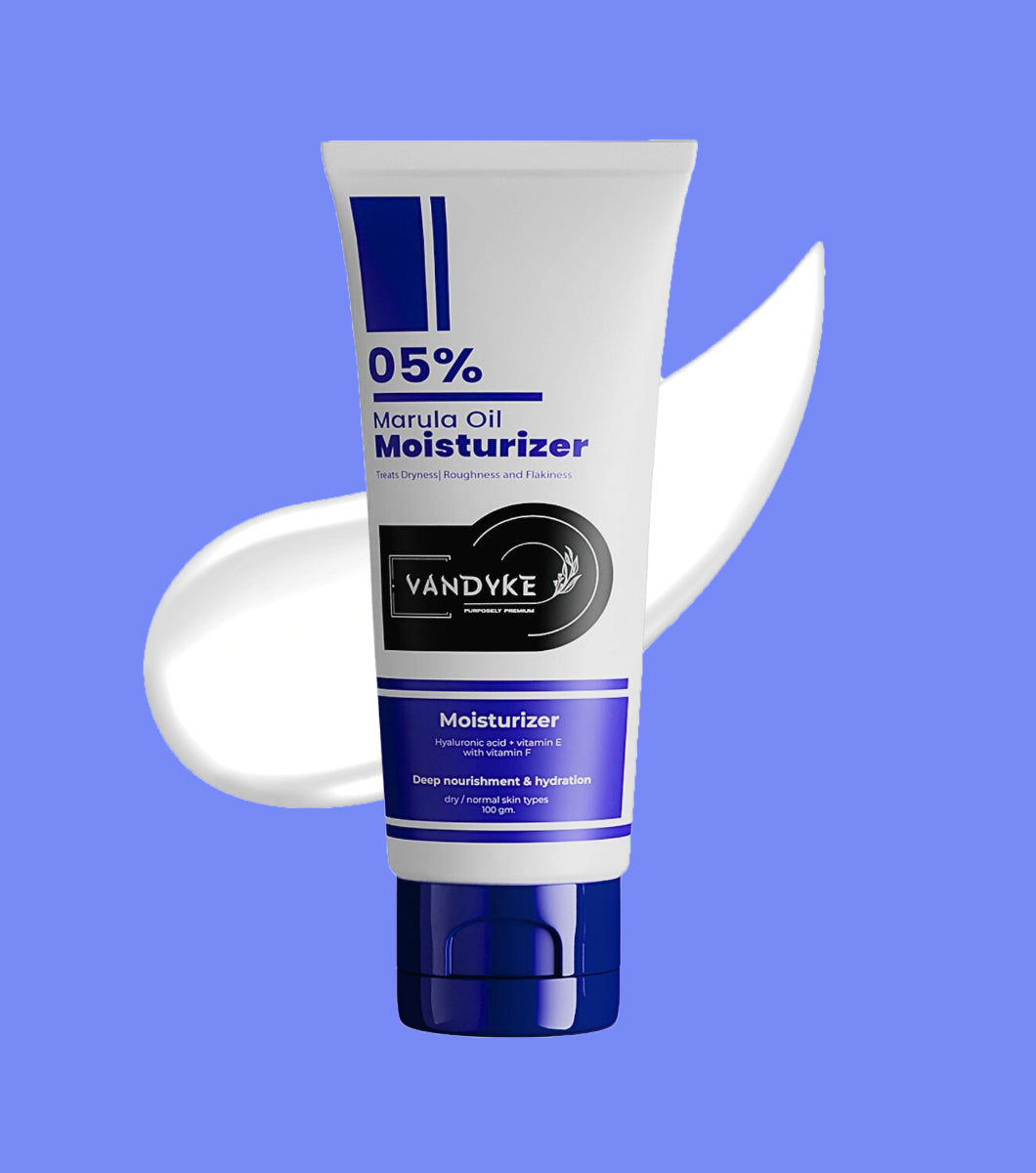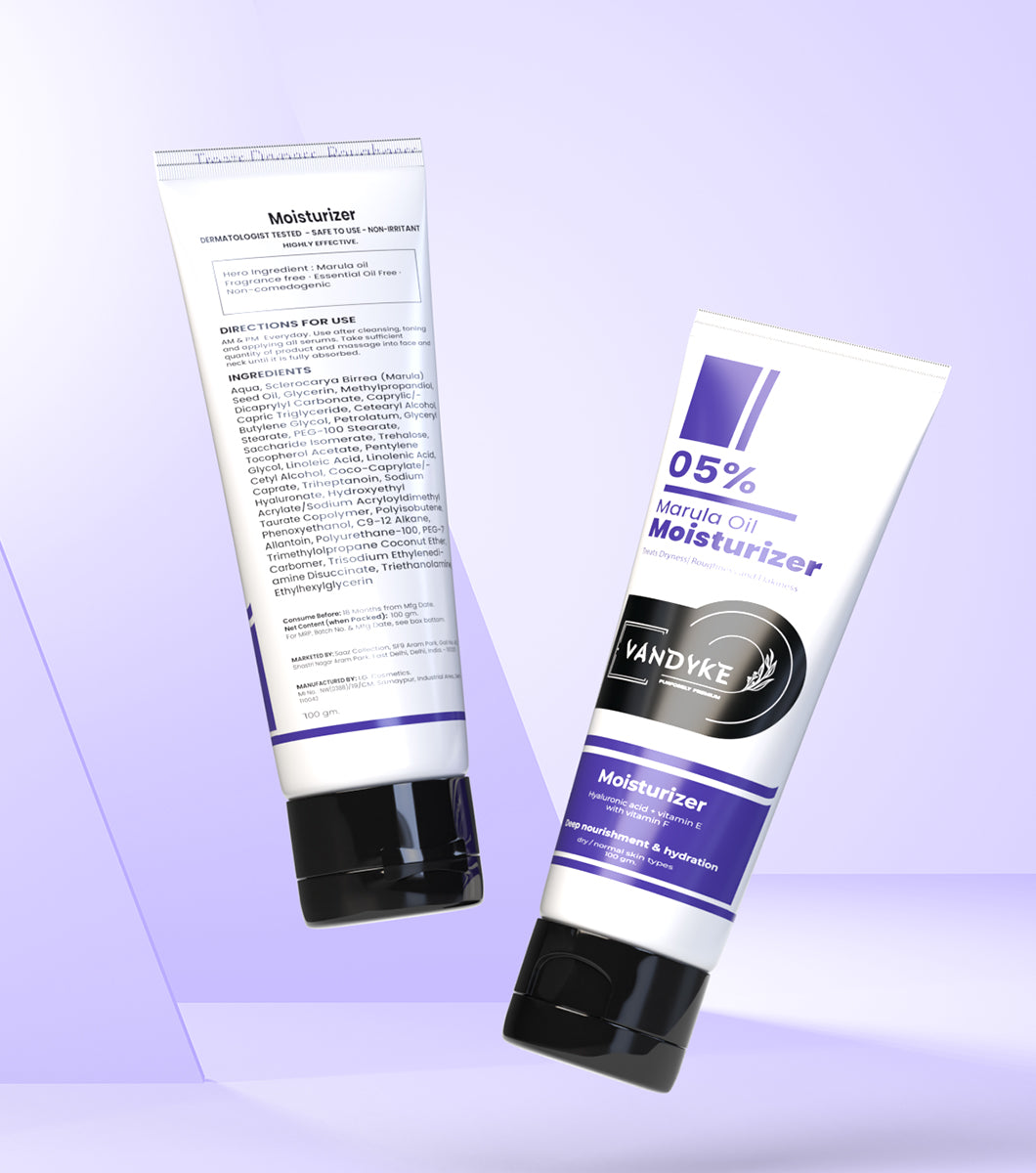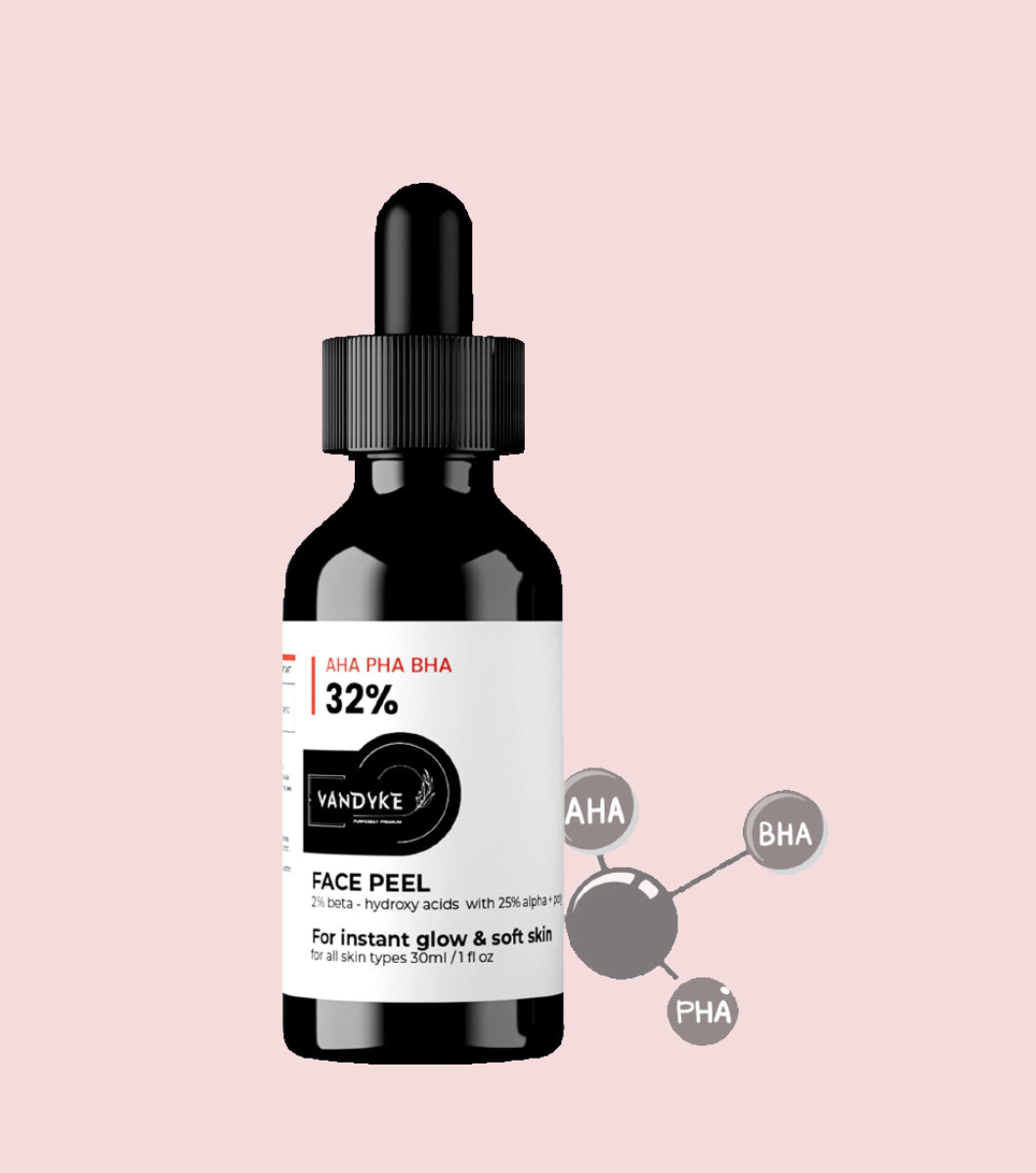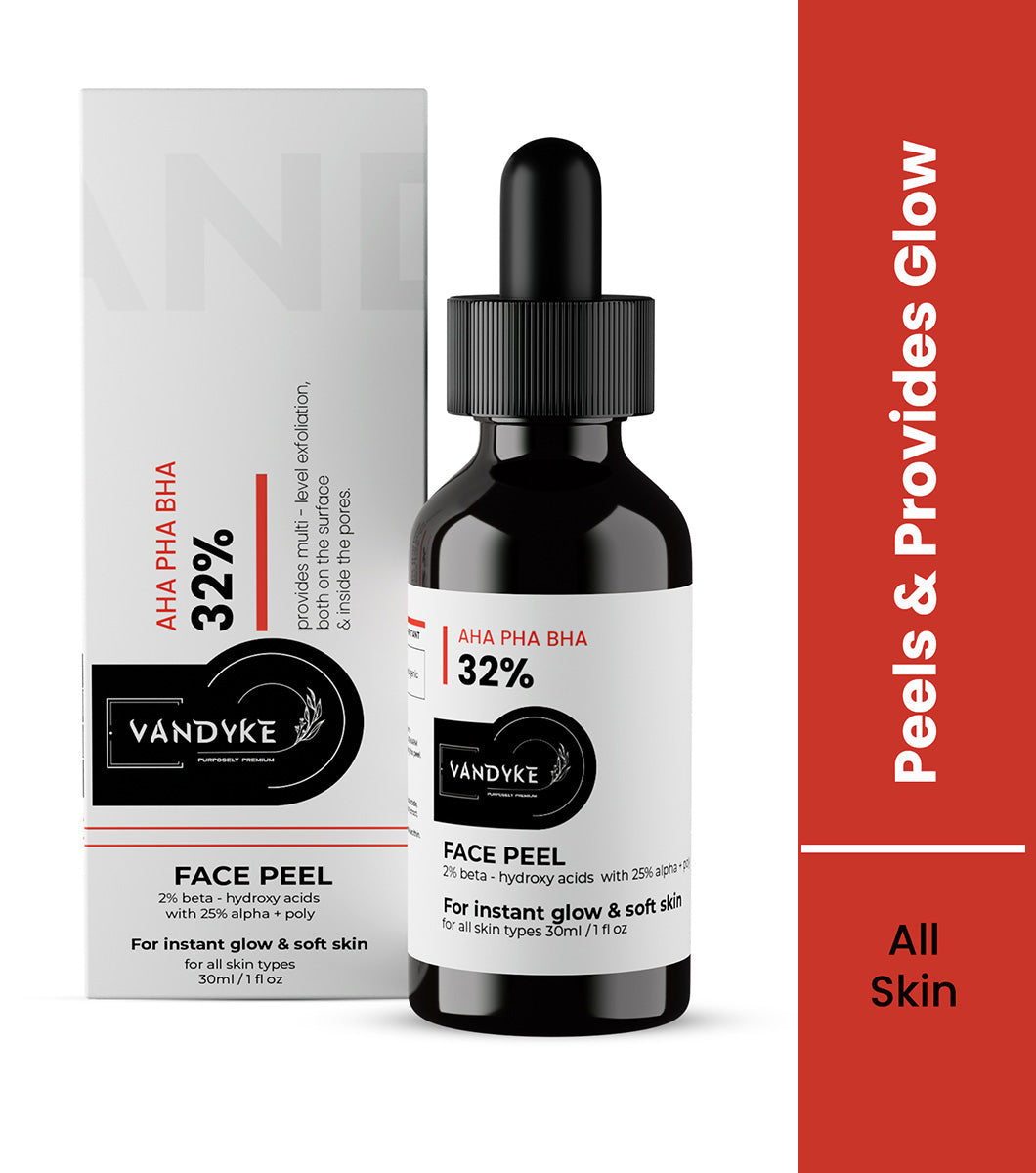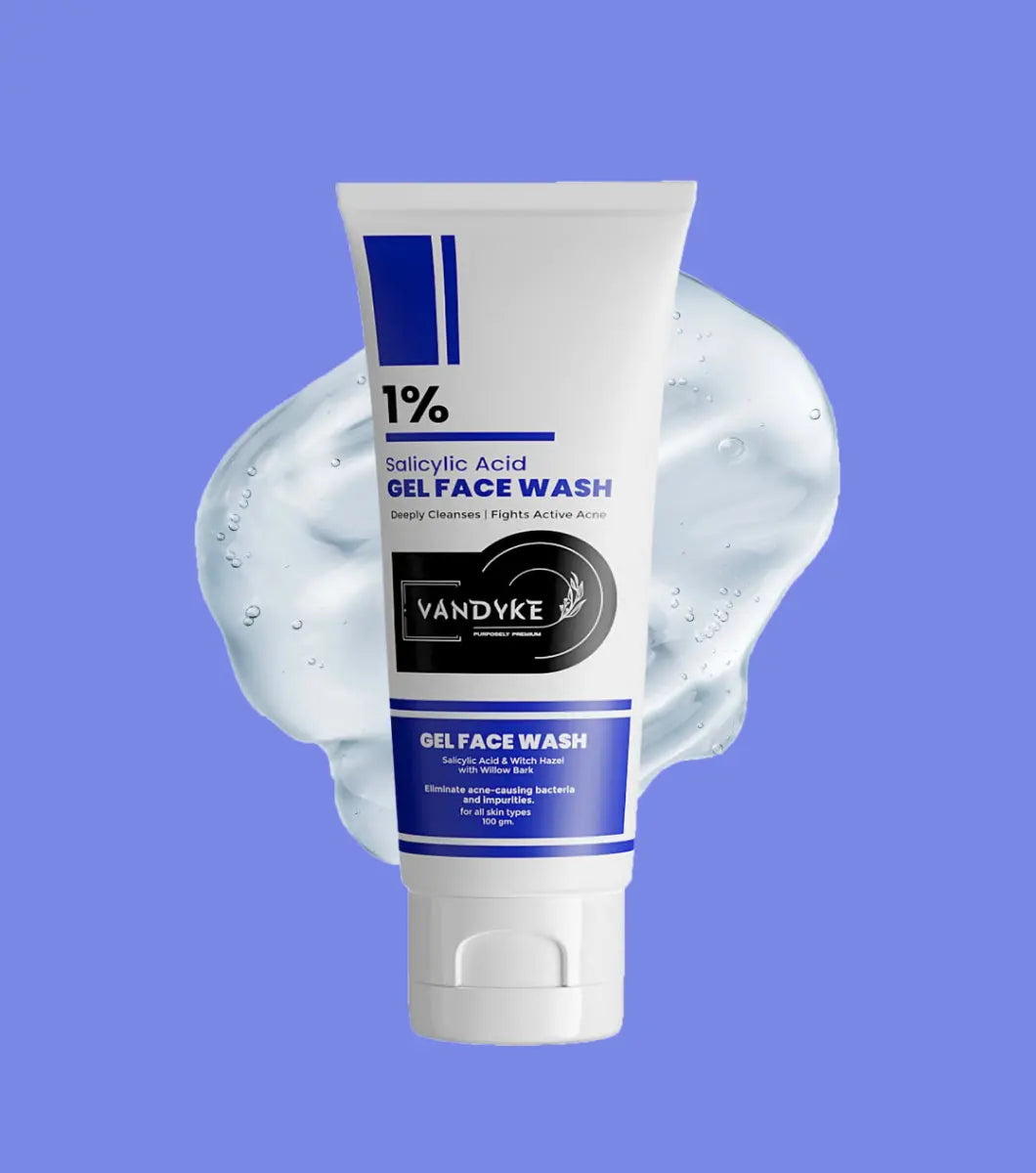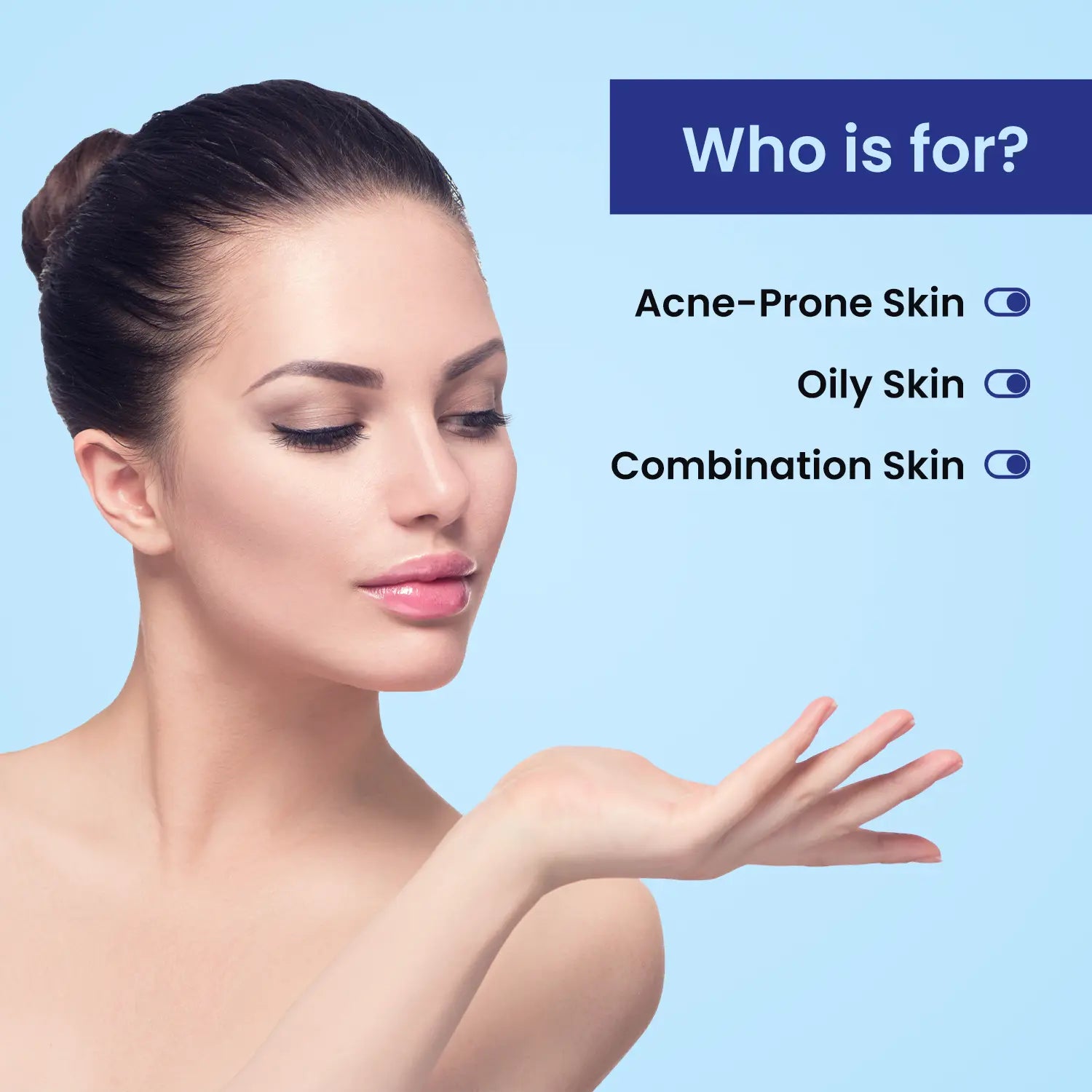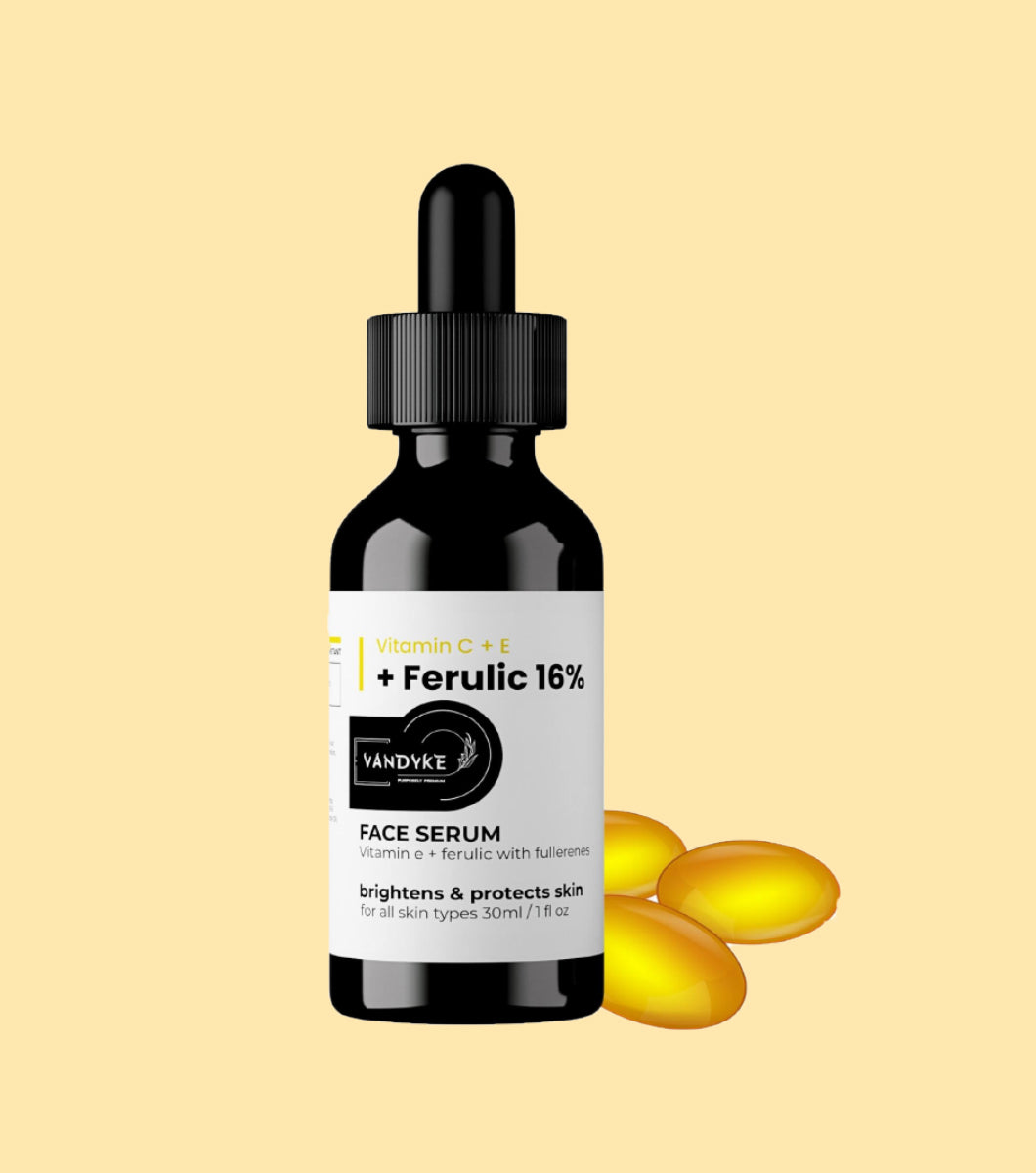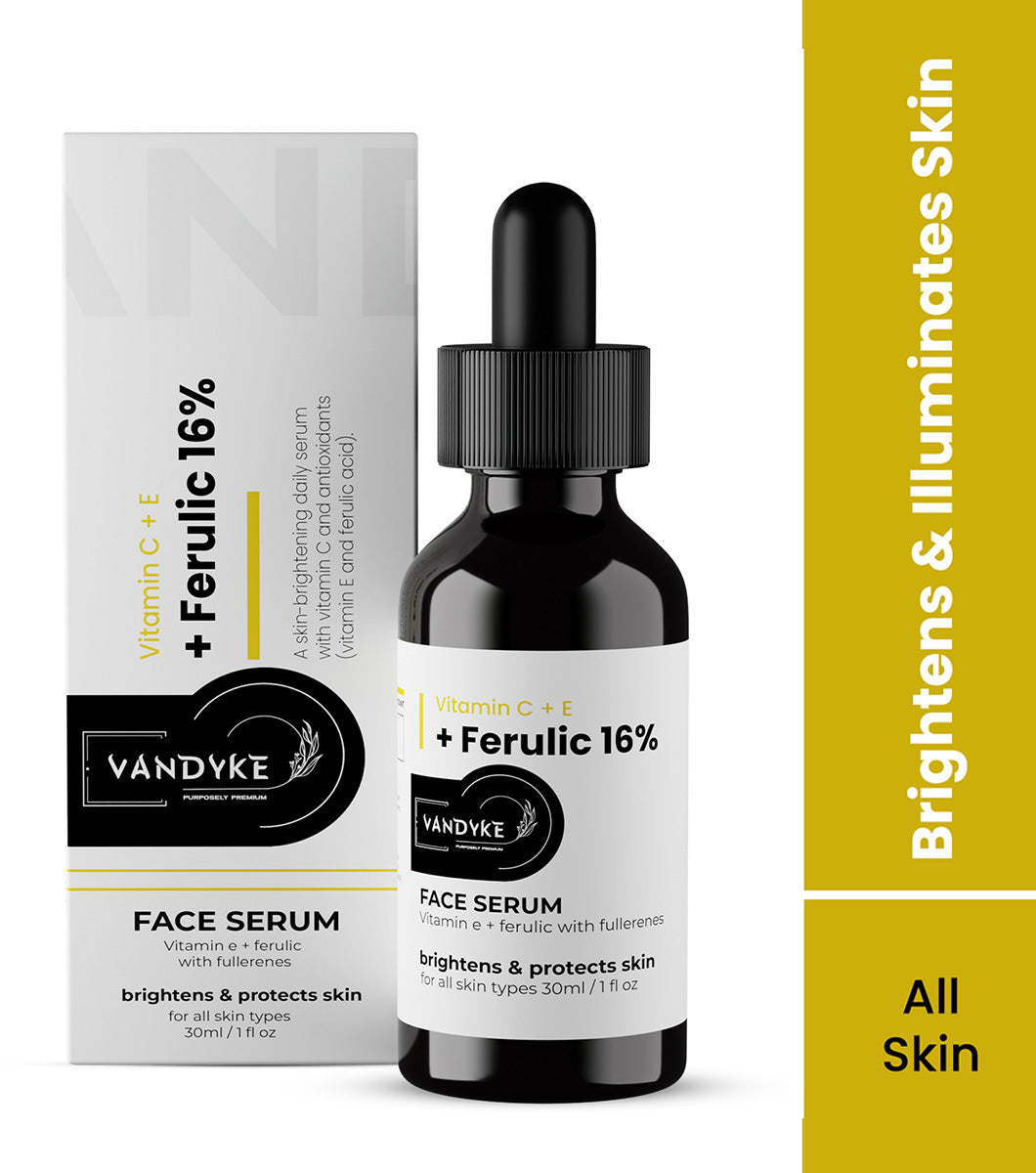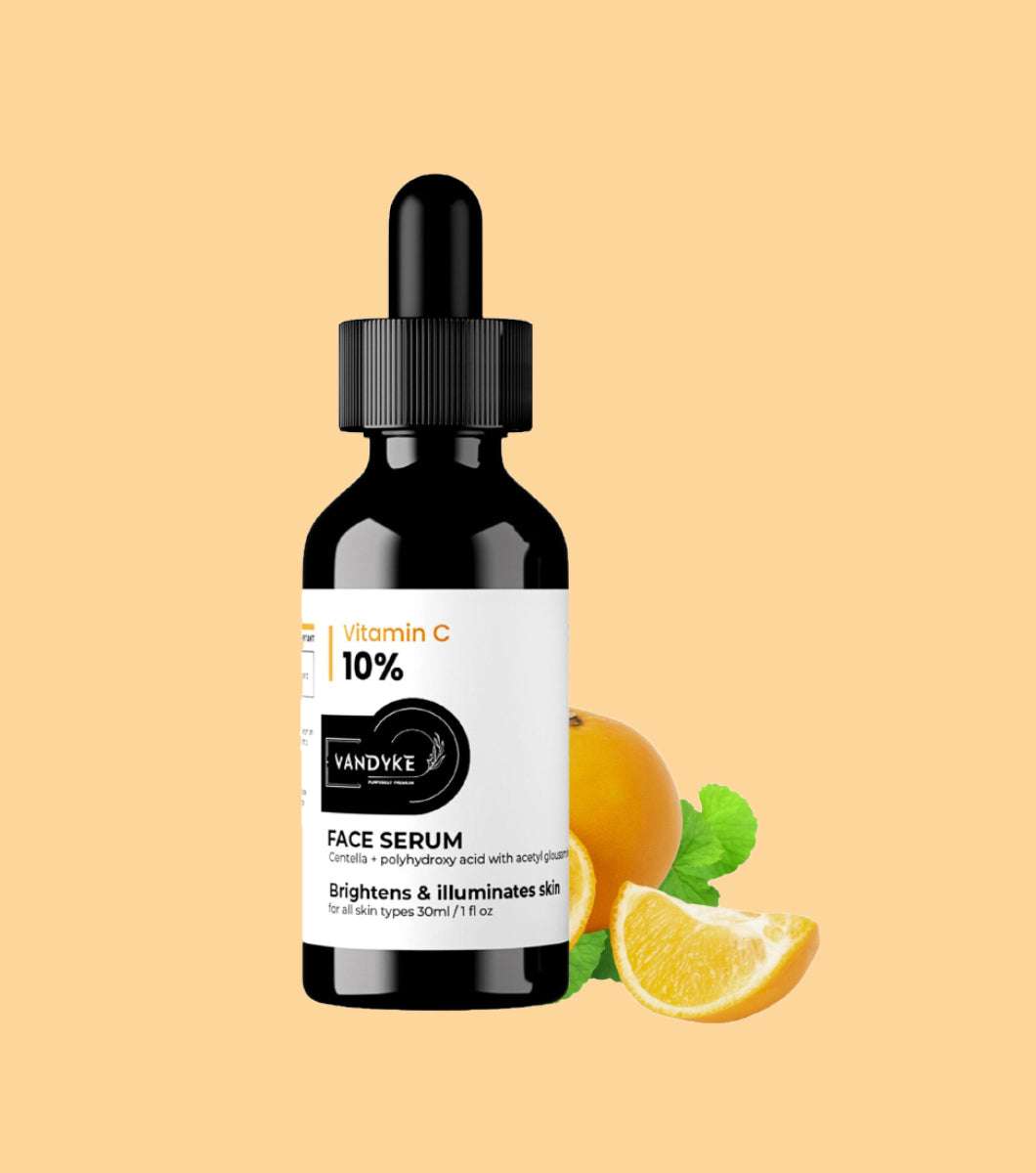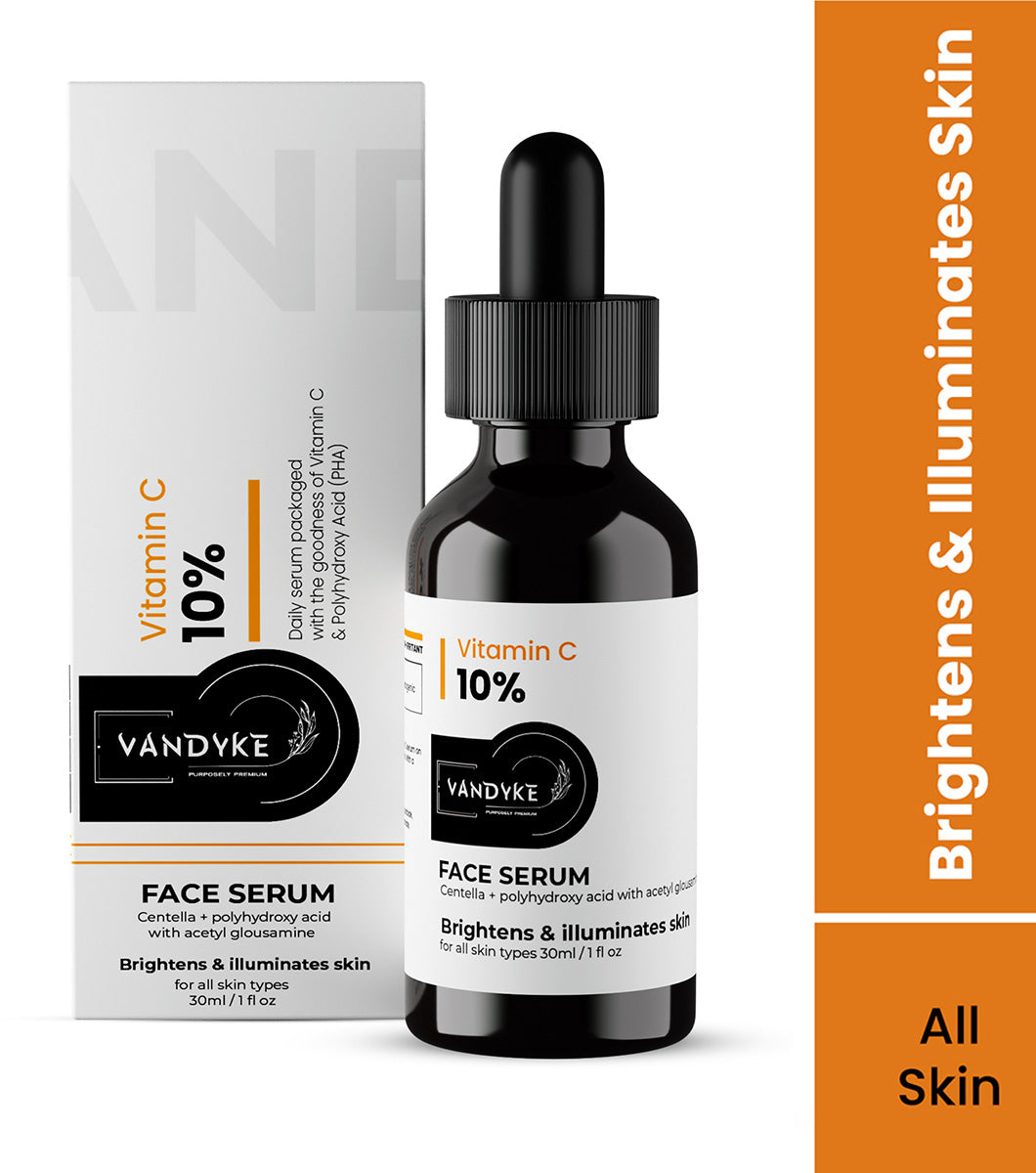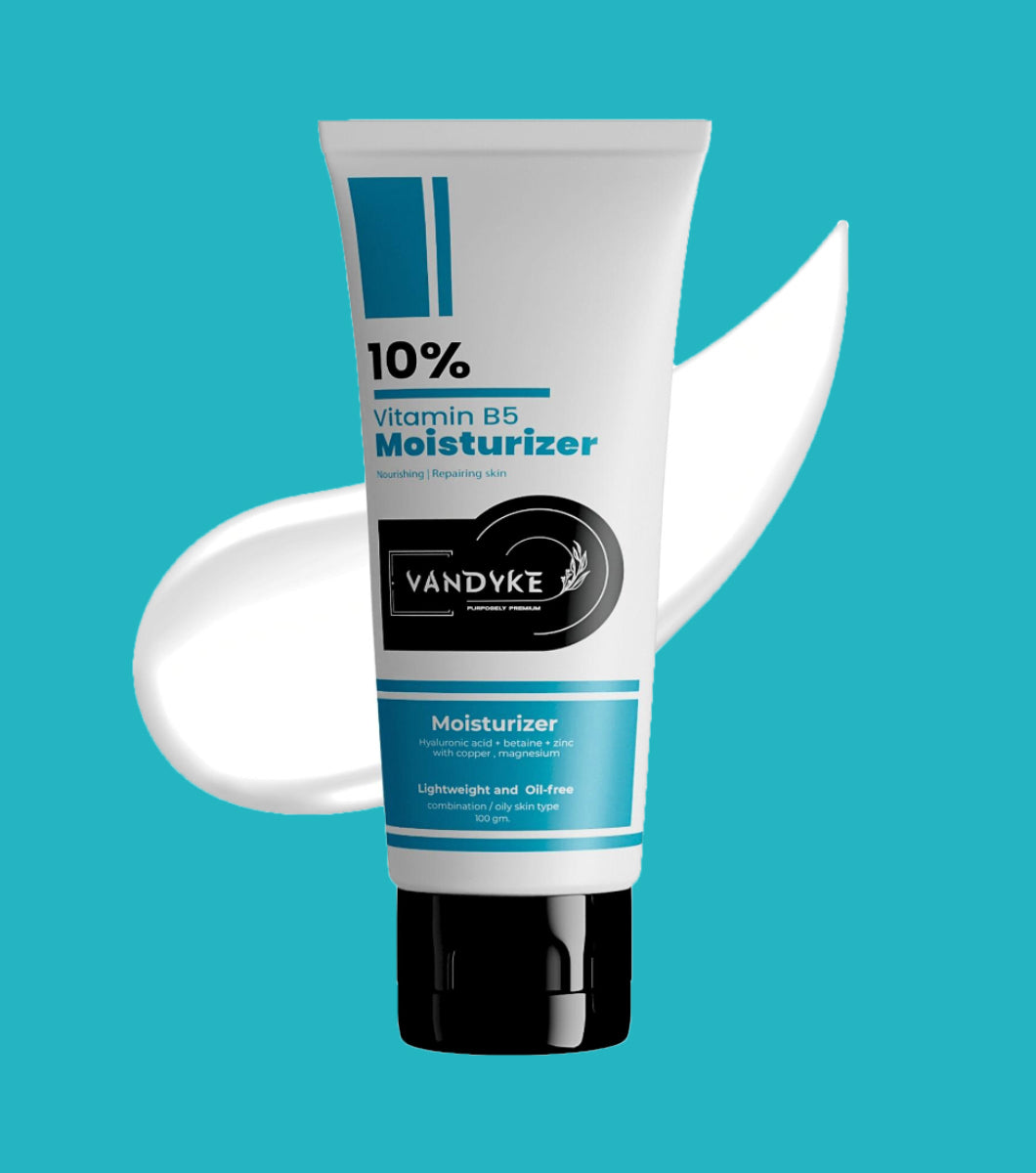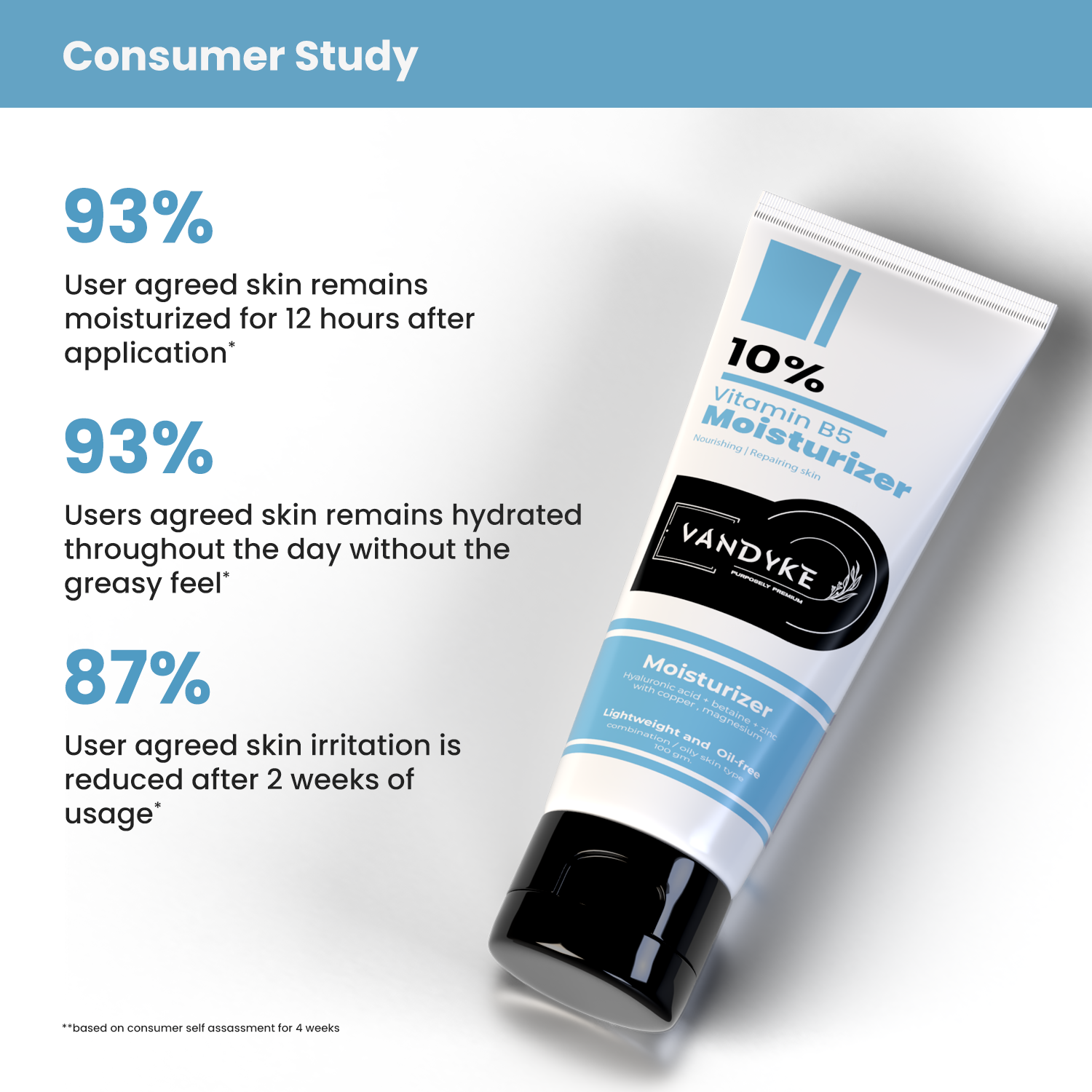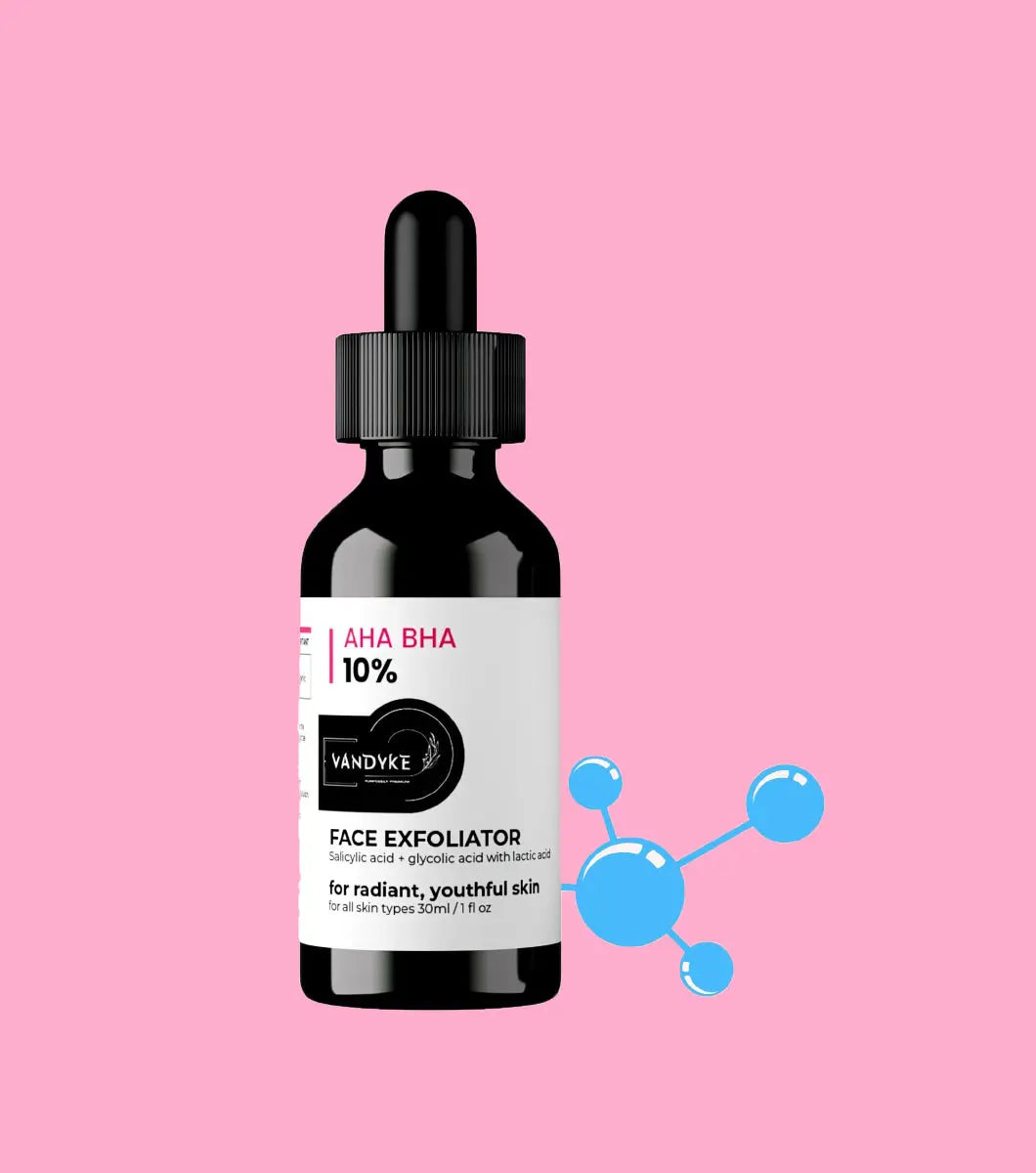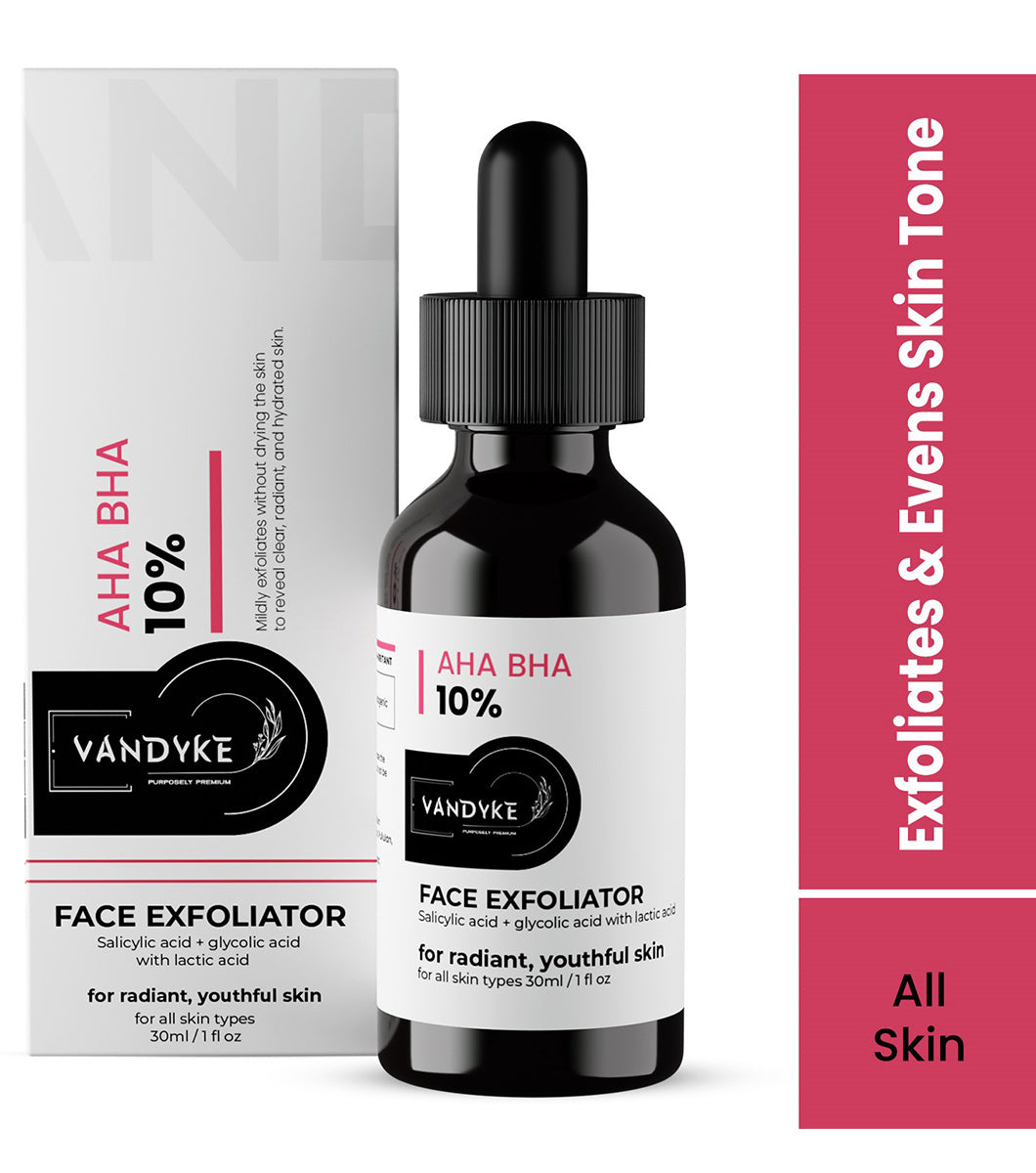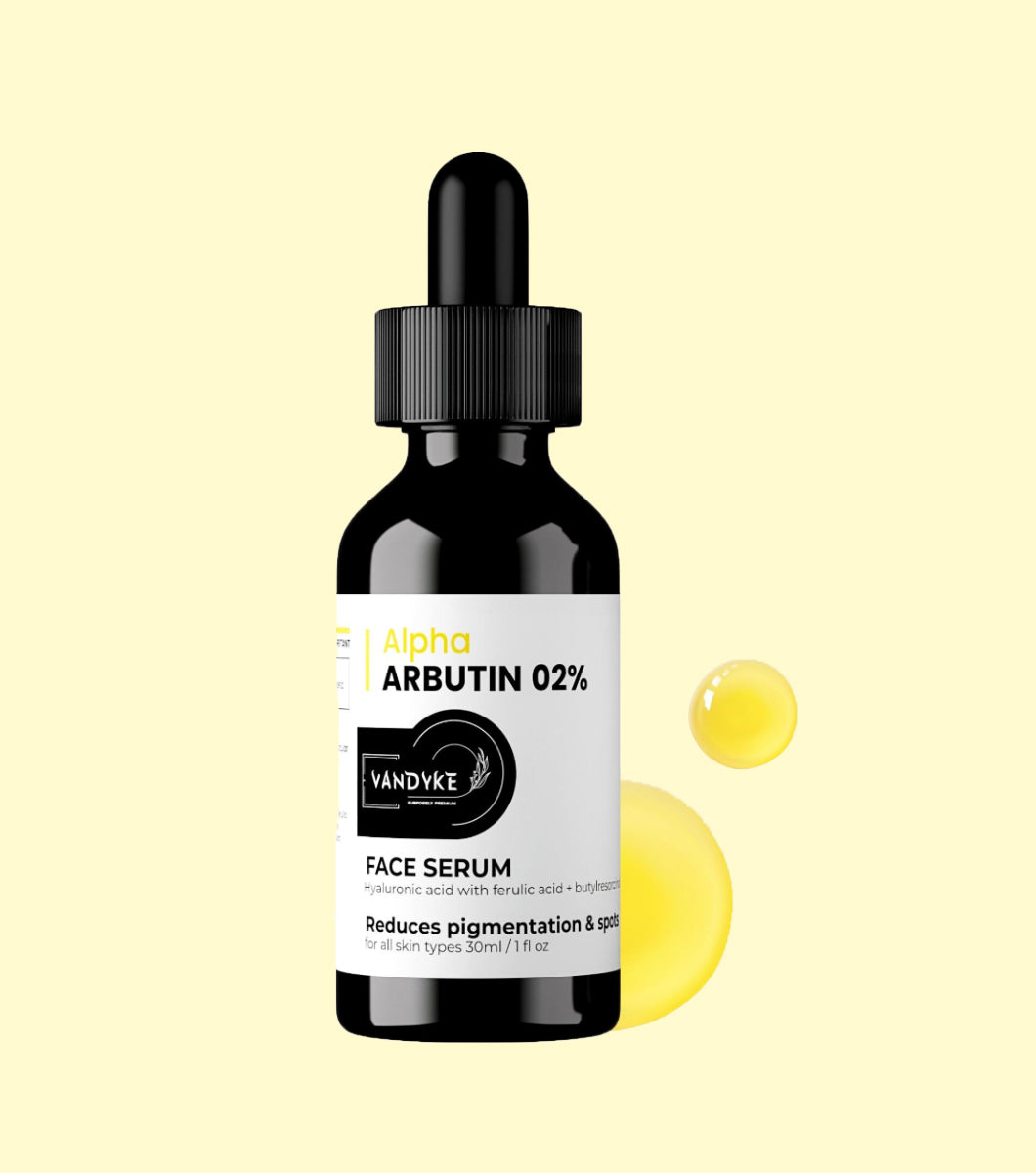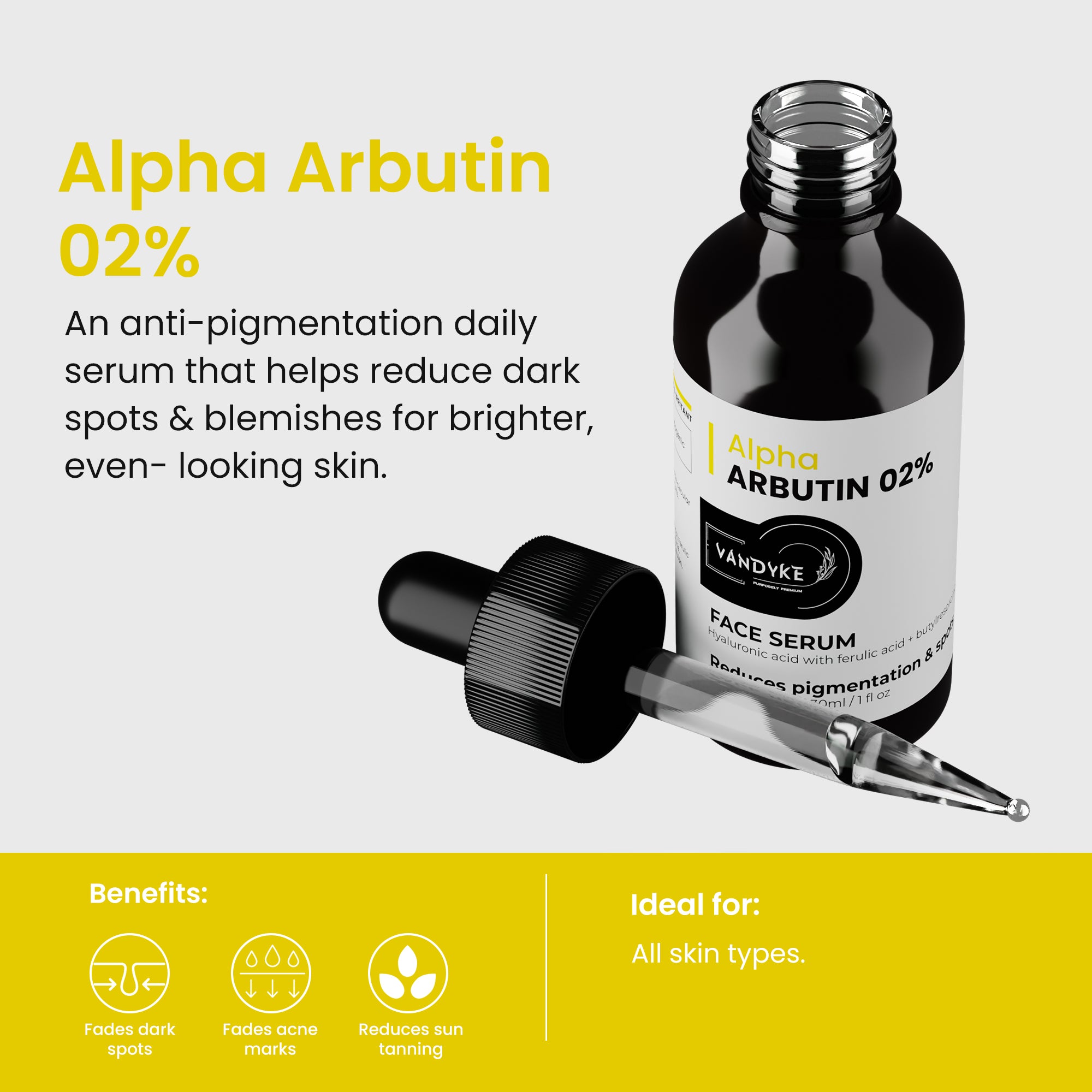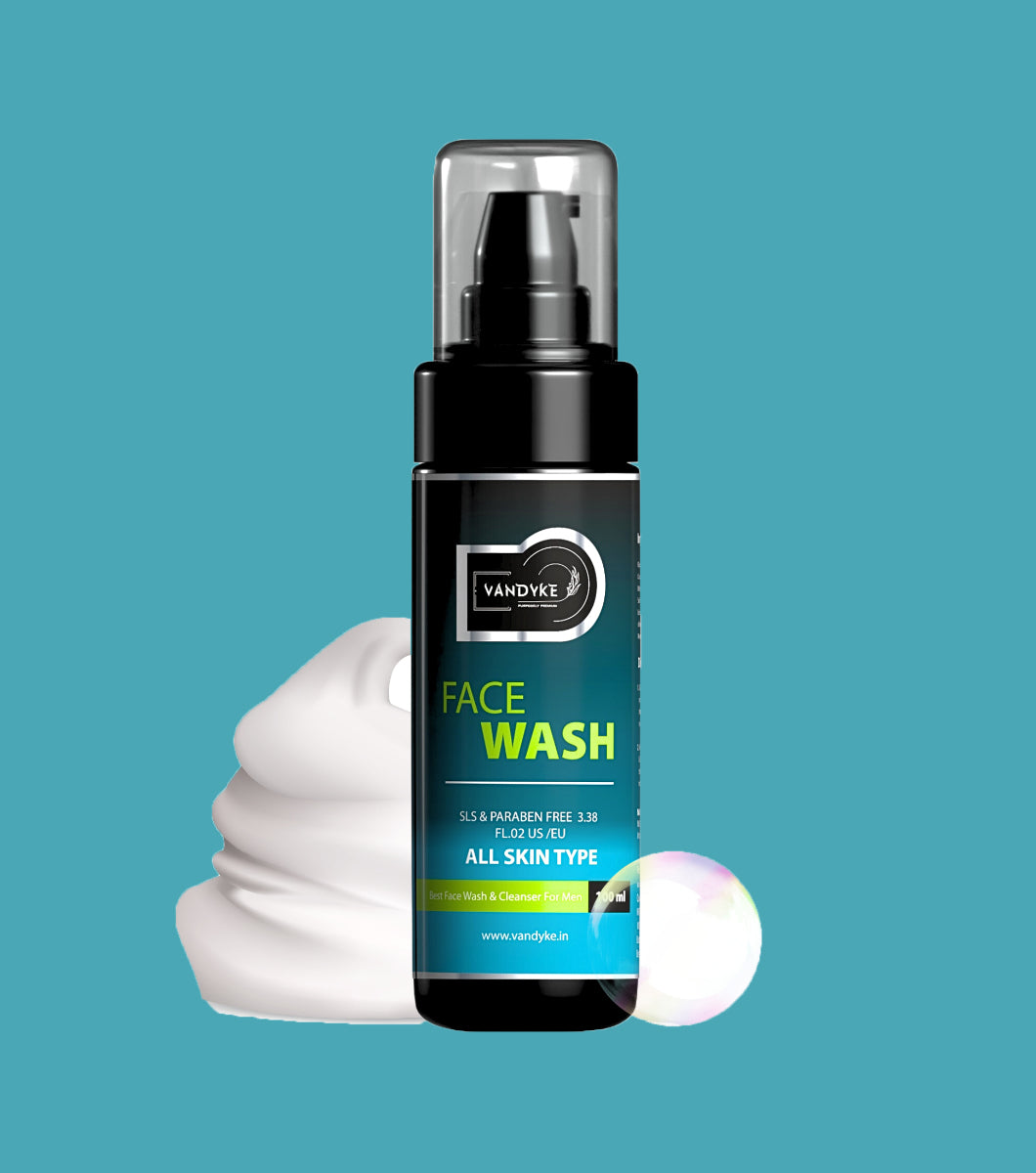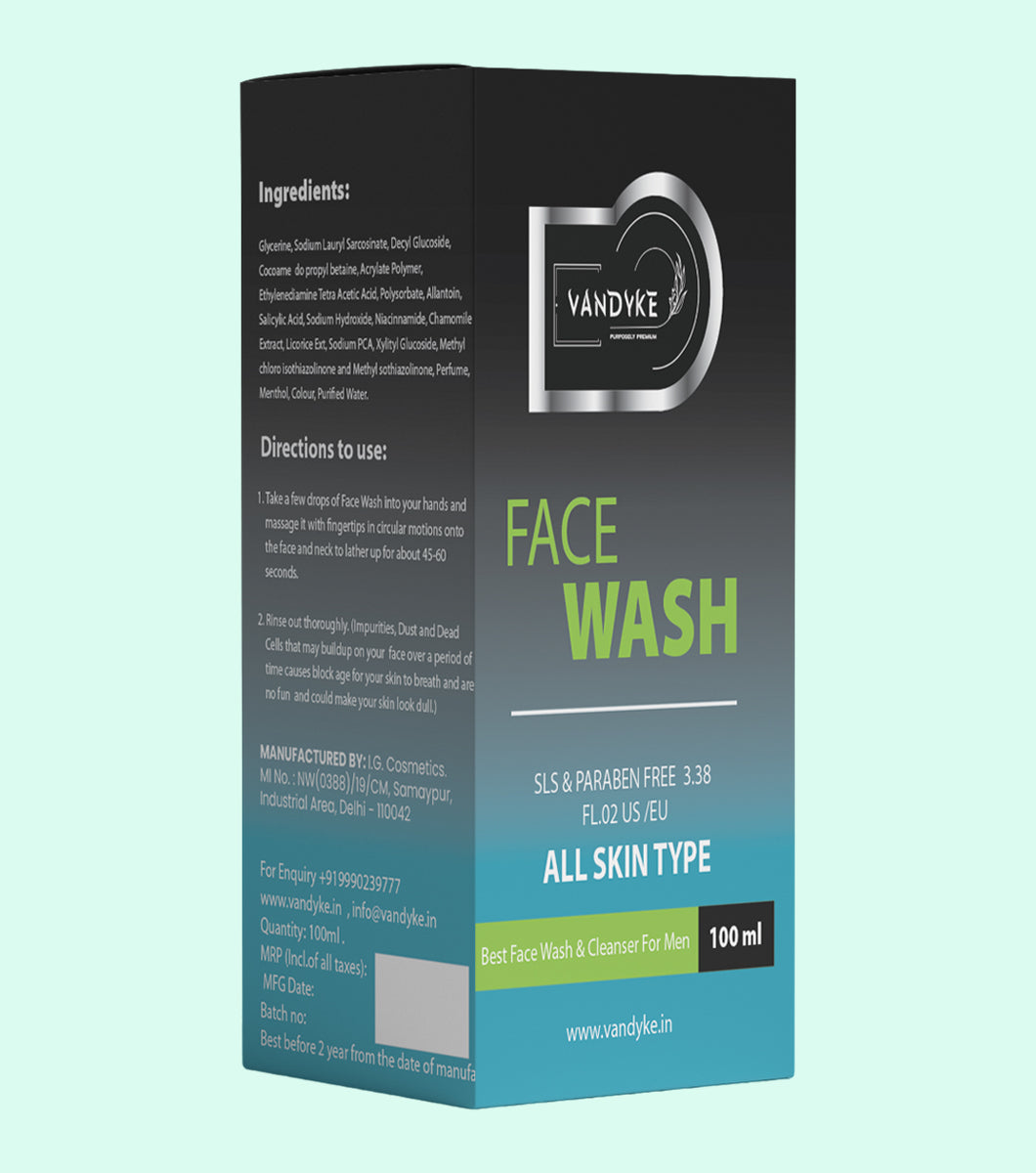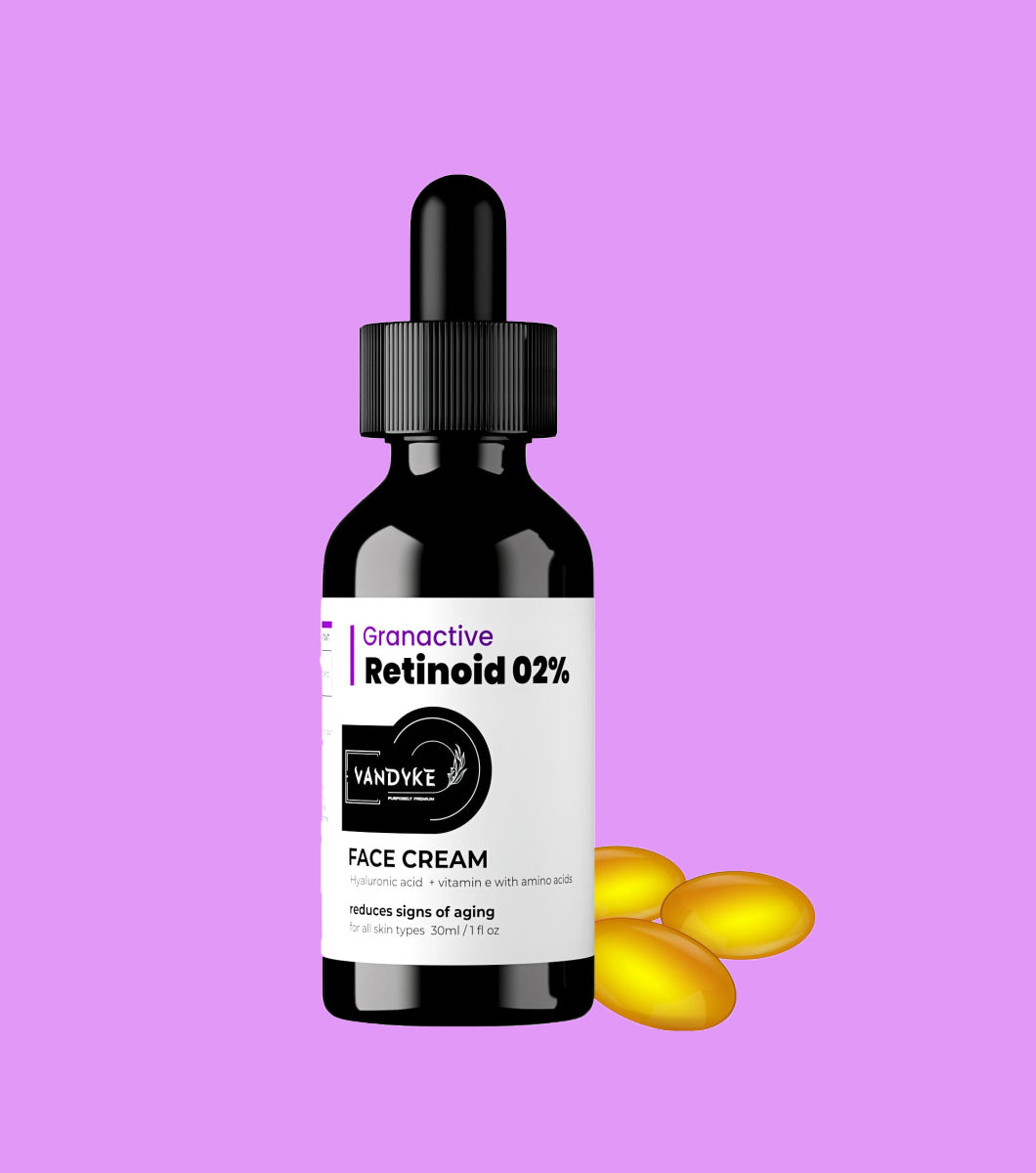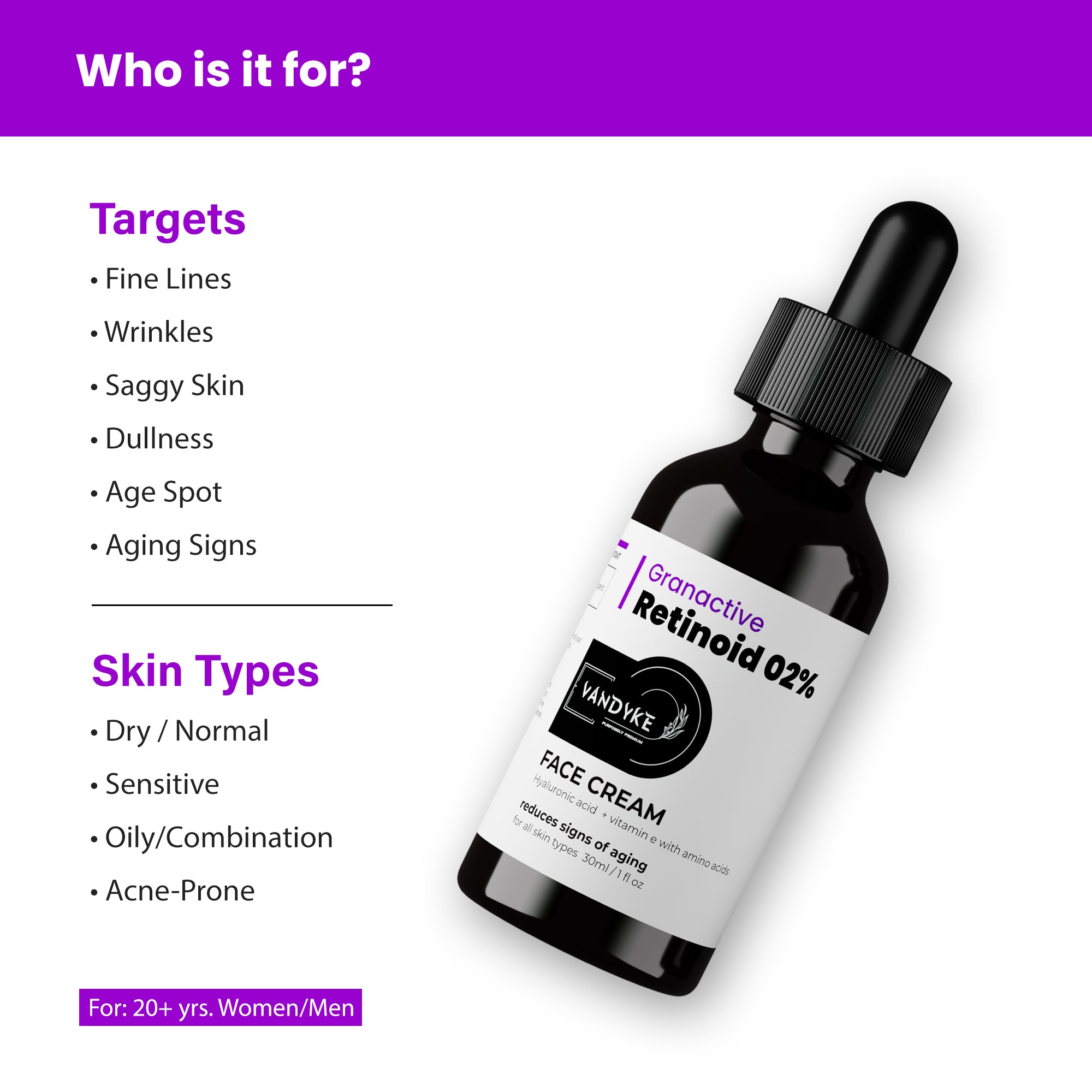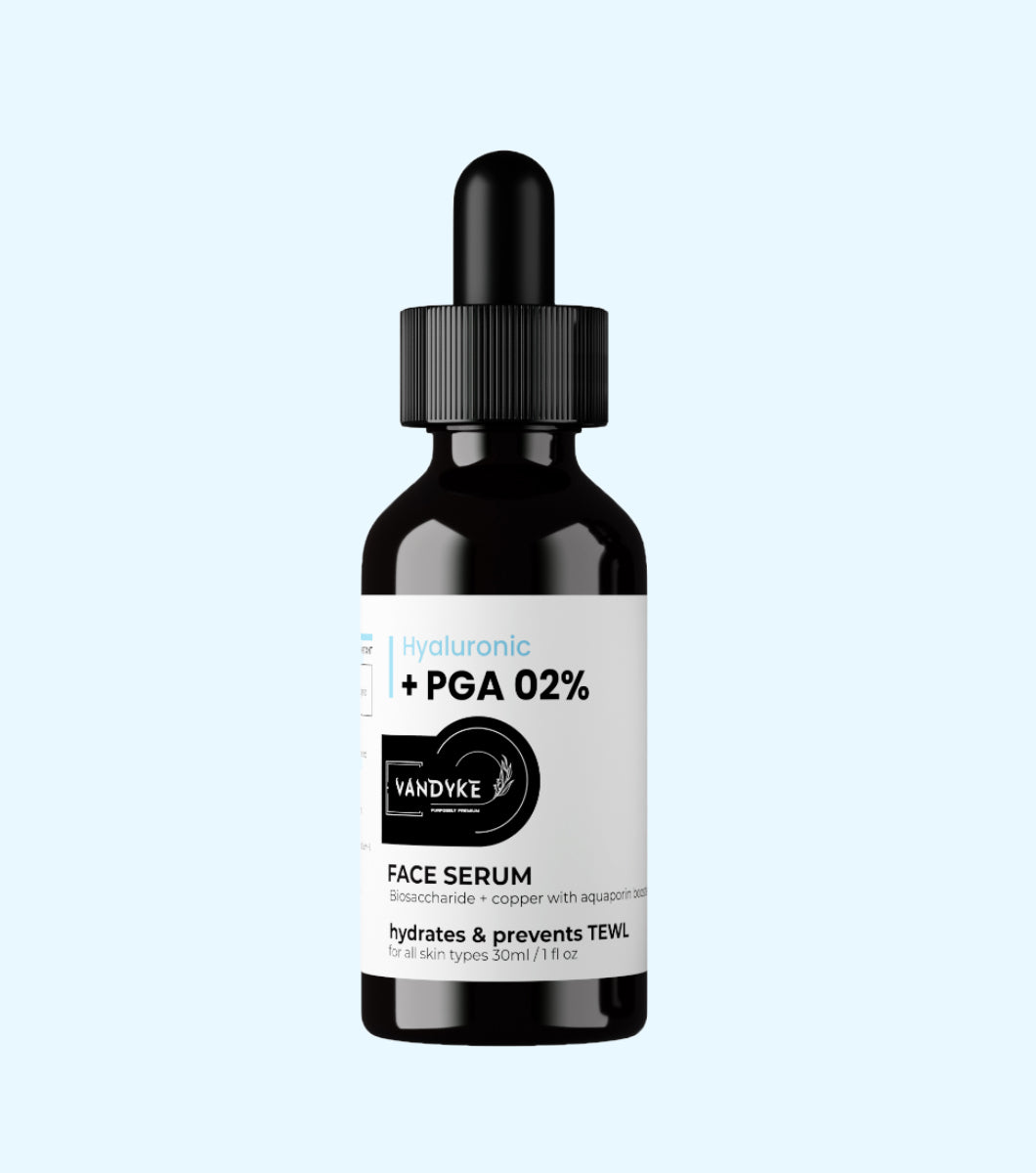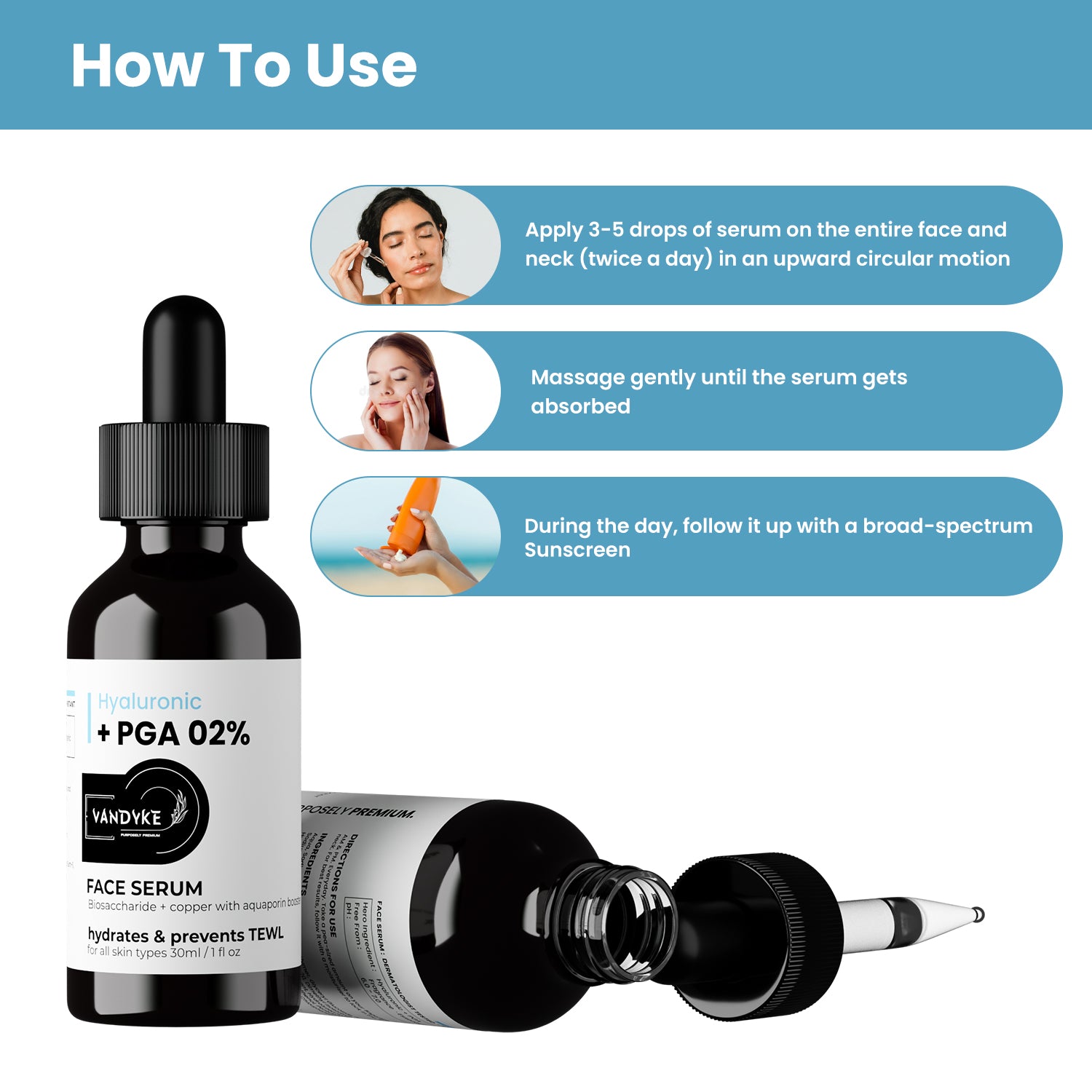
Ferulic Acid vs Vitamin C Which One is Better for Your Skin

Ferulic Acid vs Vitamin C Which One is Better for Your Skin?
Our search for bright, healthy skin frequently takes us to a variety of skincare substances and products. Ferulic acid and vitamin C are two well-liked ingredients that have attracted a lot of interest in the cosmetics sector. Both have a reputation for having possible advantages for the skin, but which is the best option in this comparison? To assist you in making the best decision for your skin, let’s explore the realm of skincare and examine the distinctions between vitamin C and ferulic acid.
What is Ferulic Acid?
One of the most potent antioxidants is ferulic acid, which belongs to the hydroxycinnamic acid group of chemicals. This amazing material is often found living inside the cell walls of plants, and is present in significant amounts in grains such as rice, wheat, and oats. The ability of ferulic acid to provide strong protective properties distinguishes it as a major actor in the field of natural antioxidants. This adaptable substance protects against the harmful effects of free radicals, maintaining cellular integrity and promoting general plant health in the plants it inhabits. Its antioxidant capabilities go beyond the realm of plants, as it is also utilized in a variety of cosmetic products and nutritional supplements, supporting human health and vigor.
How does Ferulic Acid benefit the skin?
Ferulic acid’s exceptional antioxidant qualities provide the skin with a host of advantages. This molecule is a powerful ally in skincare as it can combat the threat of free radicals and the negative effects of environmental stresses. The benefits of topical use of ferrulic acid are apparent in many ways:
- Protection from UV Damage
As a barrier, ferulic acid helps protect the skin from the damaging effects of UV radiation. In addition to reducing the chance of sunburn, skin damage, and the formation of sunspots, it works in concert with other sunscreens to improve total sun protection.
- Reduction of Aging Signs
Ferulic acid’s antioxidant capacity helps to lessen the appearance of aging. It prevents free radicals from forming, which is important since they speed up aging. Ferulic acid helps to promote a more youthful complexion by reducing the appearance of fine lines, wrinkles, and age spots by neutralizing these free radicals.
-
Complexion Brightening
A brighter complexion can also be achieved with the help of this strong antioxidant. can aid in the reduction of uneven pigmentation, including discolouration and black patches, improving the skin’s general evenness and brightness.
Ferulic acid enhances other skincare compounds and routines to support skin health and vitality, thus utilizing it in skincare products might be a good method to take advantage of these advantages.
What is Vitamin C?
Ascorbic acid, the official name for vitamin C, is a water-soluble superpower in the fields of nutrition and cosmetics. Although it is well known for strengthening the immune system, this adaptable vitamin has also made a name for itself in the beauty sector because of how well it works to improve skin.
How does Vitamin C benefit the skin?
Vitamin C is an important component of any beauty routine due to its numerous advantages for skin care. It is also known as the versatile superhero of skincare. Here’s how its magic is accomplished:
- Skin Brightening
Skin brightening is a well-known benefit of vitamin C. By eliminating dark circles, lessening hyperpigmentation, and even out skin tones, it makes your face appear younger and more radiant.
- Collagen Production
This vitamin naturally promotes the formation of collagen. One of the main ingredients in skin that maintains it elastic and tight is collagen. Vitamin C promotes the production of collagen, which helps prevent wrinkles and other aging symptoms.
- Antioxidant Protection
An effective antioxidant is vitamin C. It serves as a barrier against the aging-causing effects of free radicals, which are also accountable for skin damage brought on by pollutants and UV radiation.
-
Sun Damage Defense
Vitamin C can improve your skin’s defenses against UV ray damage, but it shouldn’t be used in place of sunscreen. It lessens the damage from sun exposure by providing an additional line of defense.
- Hydration and Moisturization
Vitamin C contributes to the hydration of skin, making it smoother and softer to the touch. The skin’s natural moisture barrier is also supported by it.
- Wound Healing
This vitamin aids in the body’s normal healing process for wounds. When administered topically, it might hasten the healing process from skin irritations and blemishes.
These amazing advantages of Vitamin C may be unlocked by including it into your beauty routine through serums, creams, or moisturizers. The result will be skin that is healthier, more vibrant, and appears younger.
Ferulic Acid vs. Vitamin C: Which is better?
- Antioxidant Powerhouse
The antioxidant abilities of vitamin C and ferulic acid are well-known. They have the ability to counteract free radicals, protecting the skin from oxidative damage. But according to some research, ferulic acid can be a useful addition to skincare products since it can have a more persistent antioxidant effect in specific formulations.
- Sun Protection
Ferulic acid has shown its mettle in protecting the skin from UV ray damage. When paired with vitamins C and E, it may provide superior UV protection, according to some studies. Despite providing some UV protection, vitamin C is frequently advised for its ability to brighten and heal skin after sun exposure.
- Collagen Production
In this area, vitamin C is the leader. It is well recognized to increase the synthesis of collagen, an essential protein that maintains the skin’s young firmness. Frequent usage of vitamin C can help minimize indications of aging and give the complexion a more supple appearance.
-
Brightening and Dark Spot Reduction
Vitamin C and ferulic acid are both known to brighten skin. In particular, vitamin C is well known for lightening dark spots and enhancing skin tone overall. But these brightening effects can be amplified when vitamin C and ferulic acid are combined.
Choosing the Right Ingredient for Your Skin
Choosing the ideal ingredient for your skin type is a skill that depends on knowing the unique needs and goals of your skin. The decision between vitamin C and ferulic acid can be tailored to your individual needs in the following ways:
Individual Skin Needs
- Vitamin C
If your skin is itching for a collagen boost and wants to get rid of those annoying dark patches, go for Vitamin C. Its ability to lighten skin and stimulate collagen make it an invaluable ally in the fight against aging and uneven skin tone.
- Ferulic Acid
Conversely, Ferulic Acid takes center stage if strong antioxidant defense is your top priority. It provides a strong barrier against environmental stresses and free radicals, protecting your skin from damage.
Combination Benefits
The best thing is that you aren’t restricted to using just one component! Ferulic acid and vitamin C are combined in many creative skincare products, and the combination of these two powerful ingredients may do wonders for your skin. Together, these ingredients offer a cohesive defense against UV ray damage, lightening your skin and encouraging the creation of new collagen. It combines the greatest aspects of both worlds and functions as a one-stop shop for the health and shine of your skin.
When it comes to skincare, the secret is to know your own skin objectives and choose products that help you achieve them. Whether you choose to use one or the powerful combination of vitamin C and ferulic acid, your skin will be grateful for the considerate handling and defense it gets.
If you are looking for skin care products that contain both ferulic acid and vitamin c, then you can choose vandyke Vitamin C + E + Ferulic 16% Serum for your skin.
Conclusion
Making wise decisions leads to bright, healthy skin. Both vitamin C and ferulic acid have a number of advantages. The “better” component ultimately comes down to the particular skin issues you are facing. To ensure that your skin receives a thorough balance of antioxidant protection, brightening, and collagen support, you may customize your skincare routine by including products that contain one or both of these potent ingredients. Your road to healthier skin is therefore well begun, regardless of whether you choose to use vitamin C, ferulic acid, or a combination of the two.
If you want glowing skin, information is your best friend. Now that you know more about vitamin C and ferulic acid, you can choose a product that will work best for your skin type.
